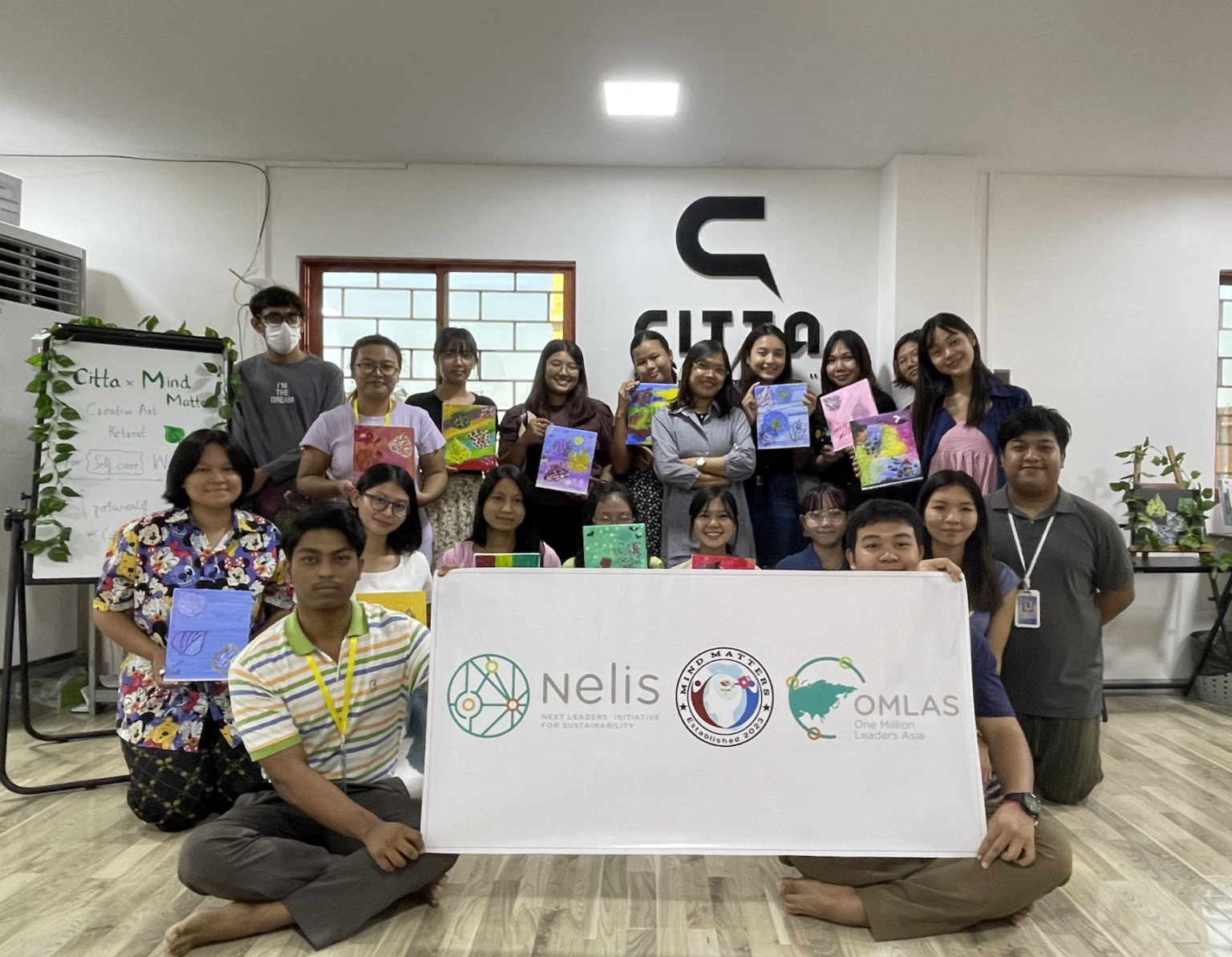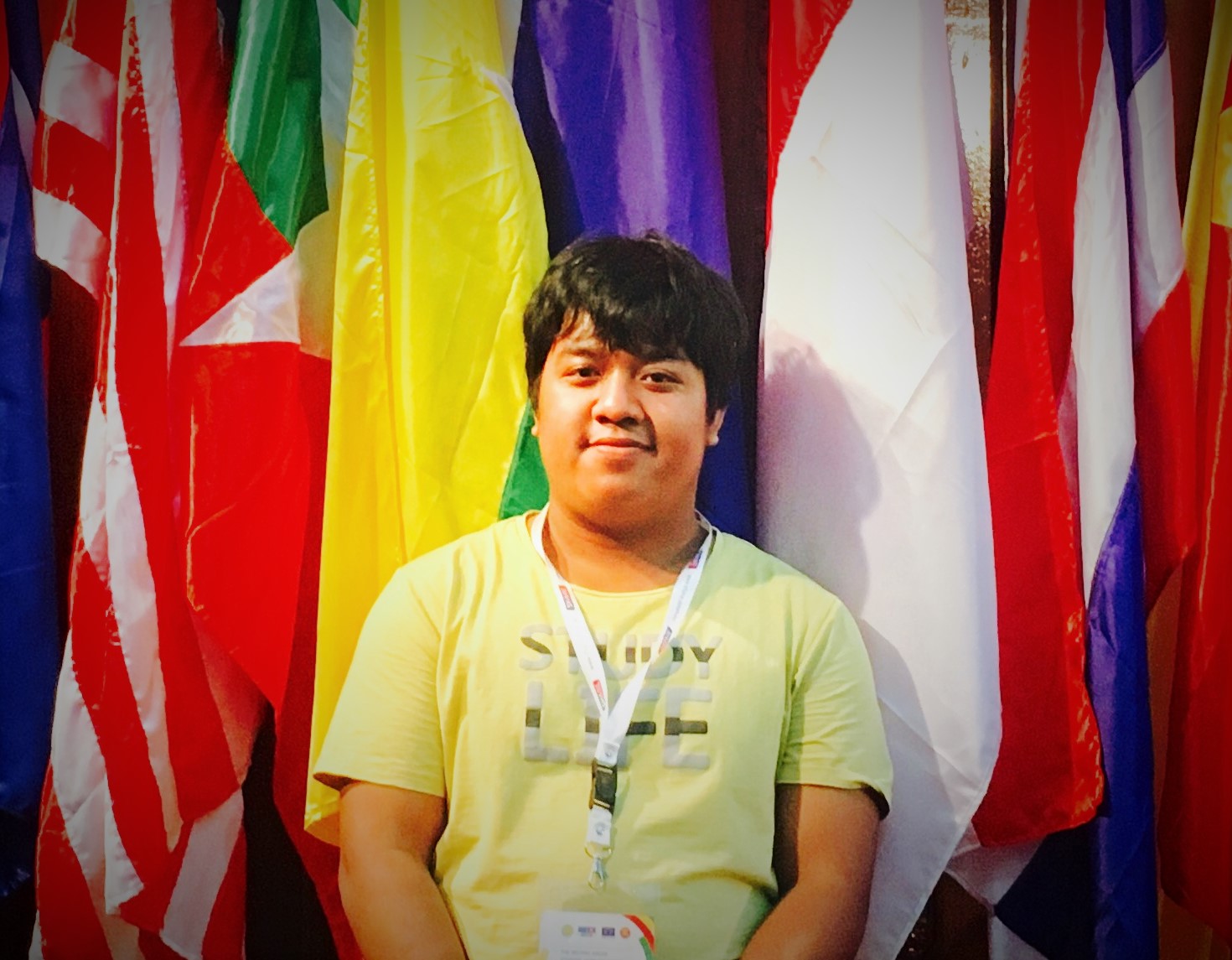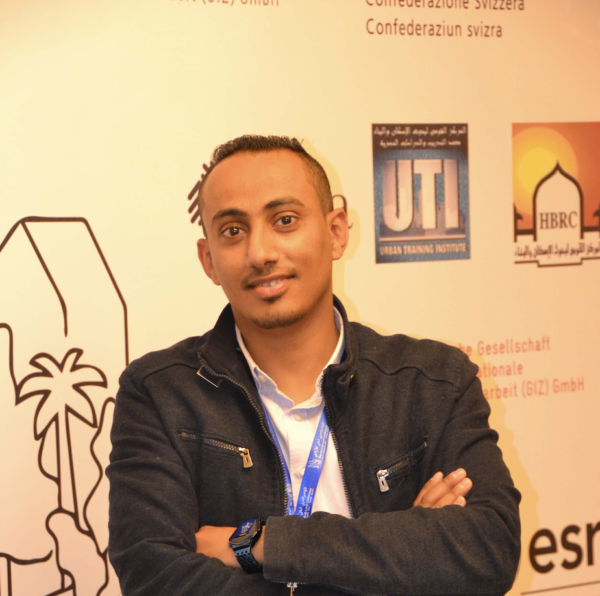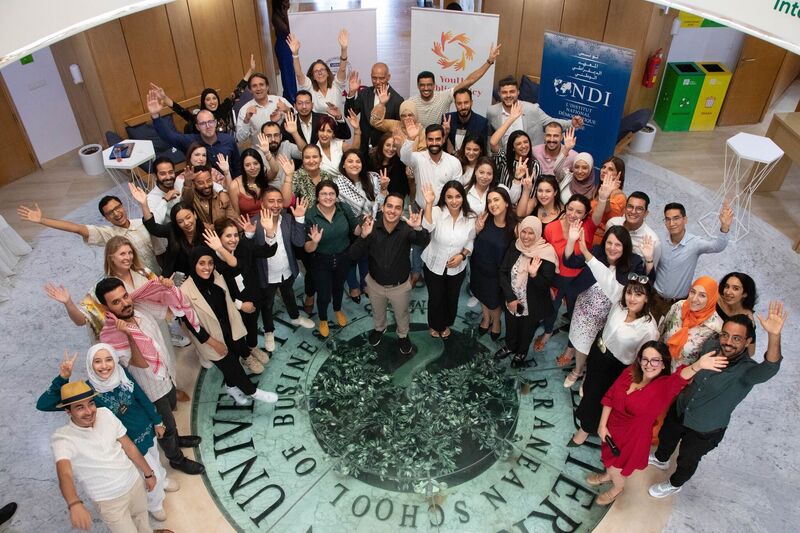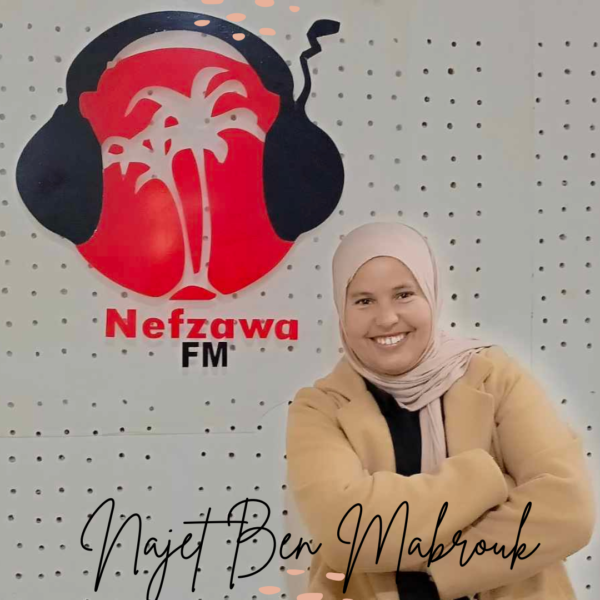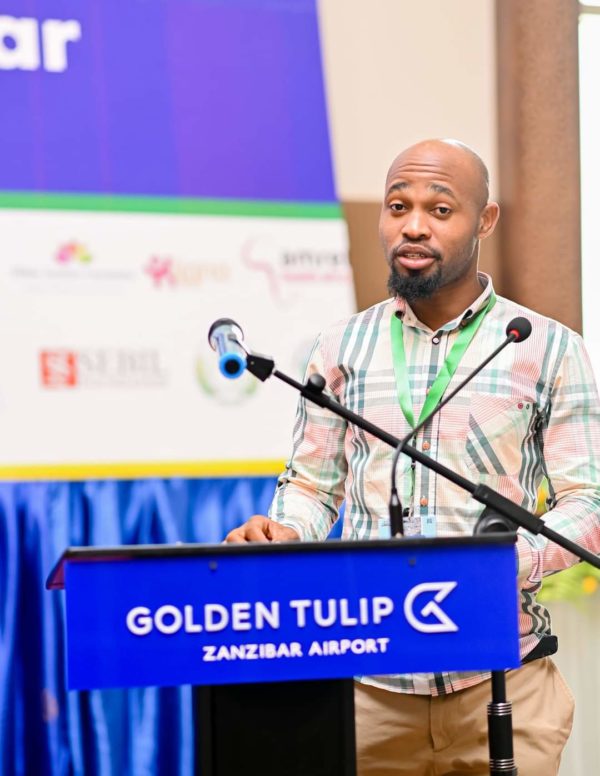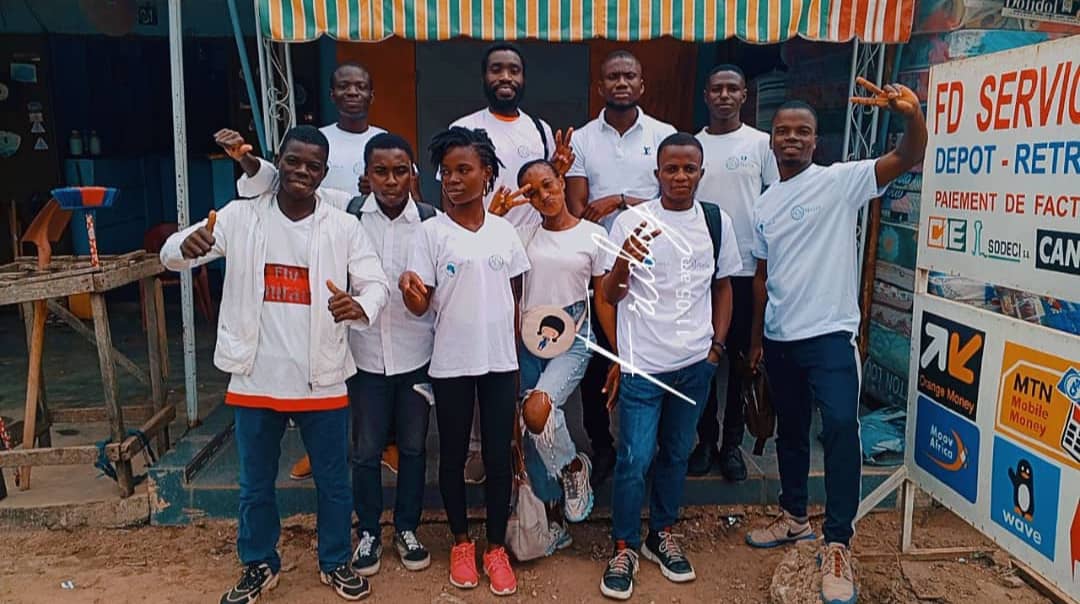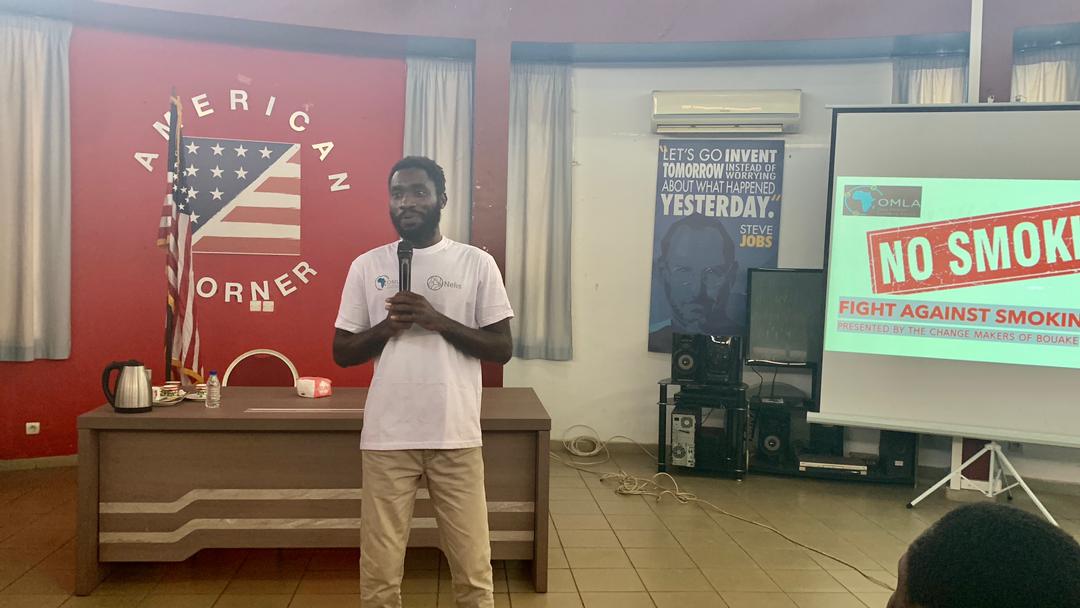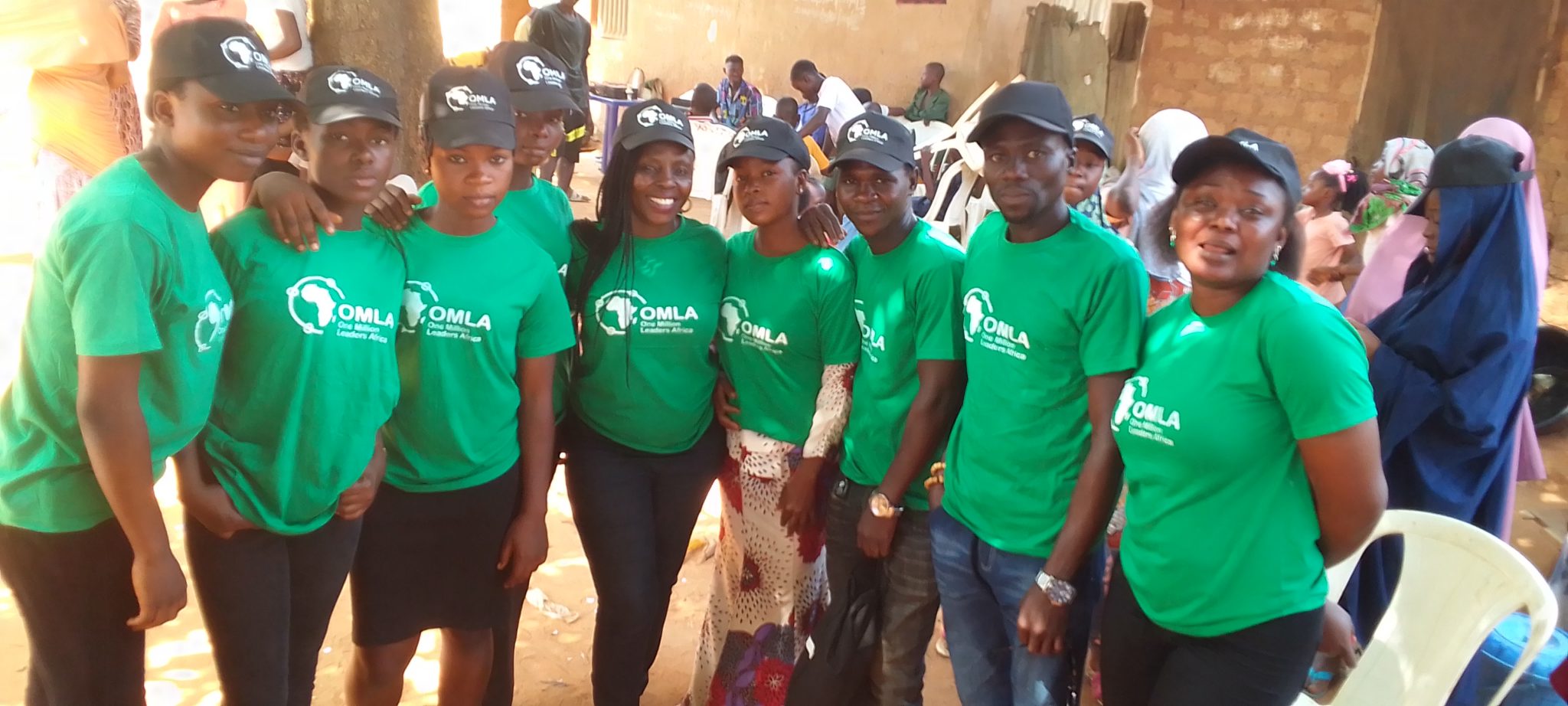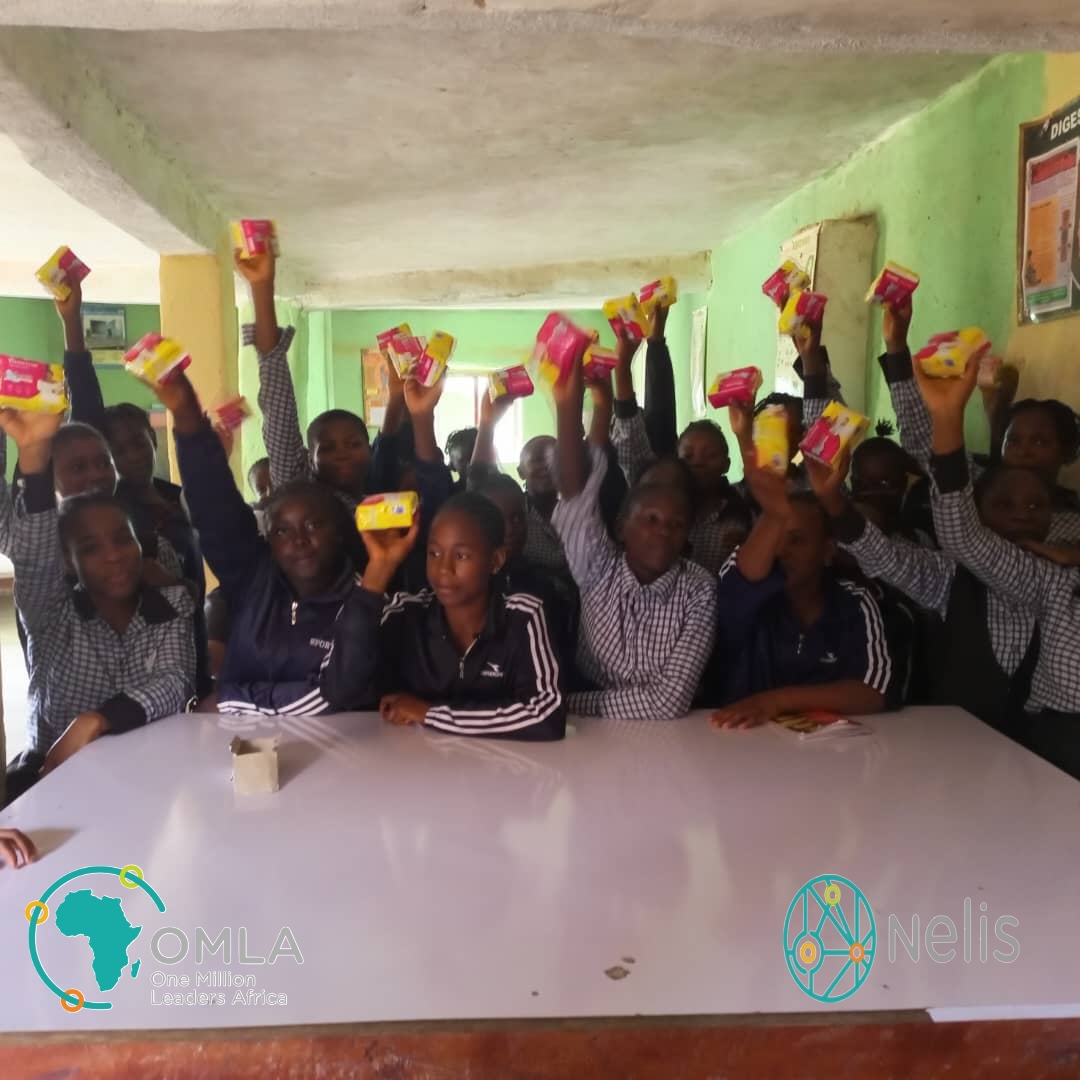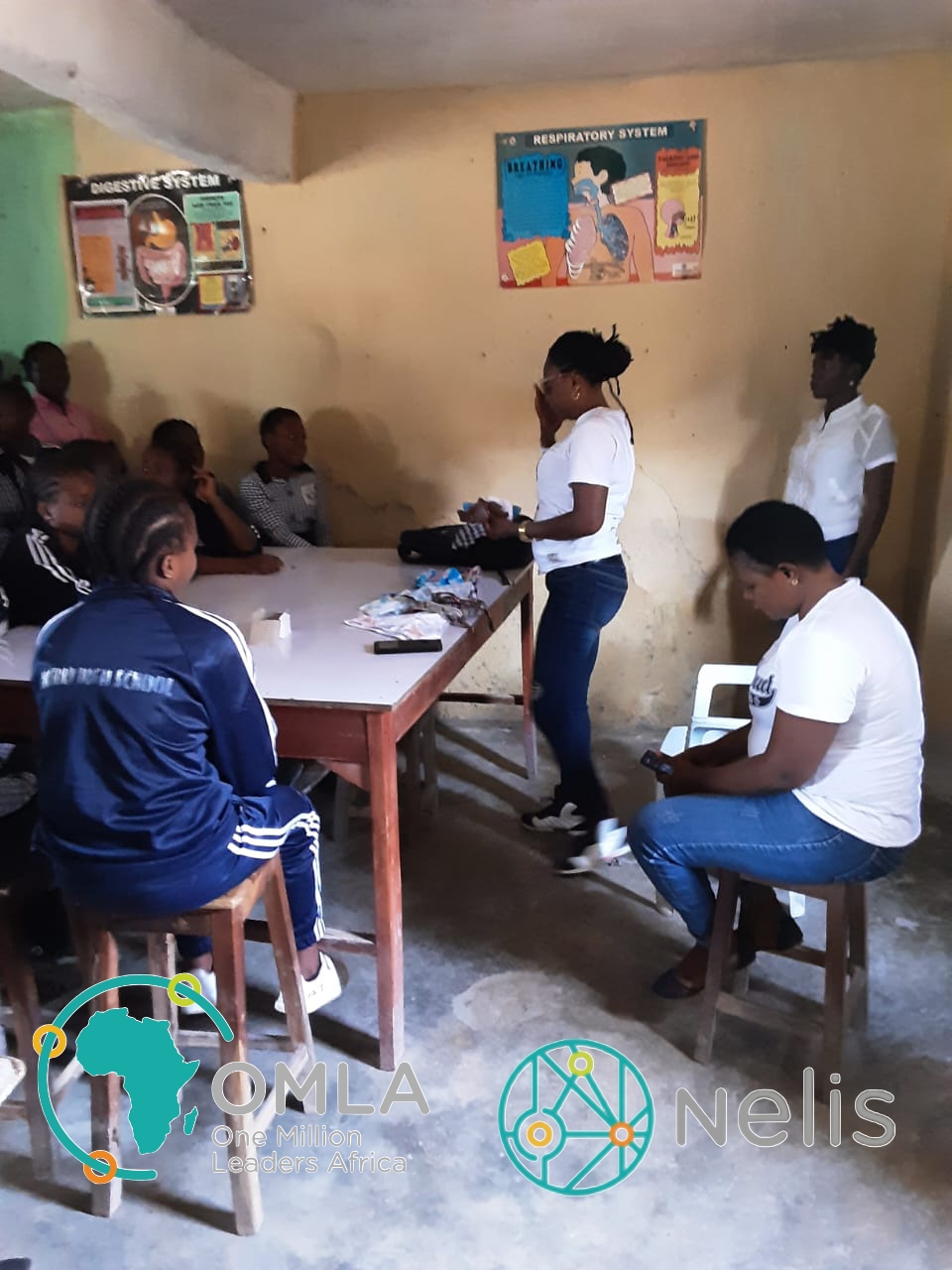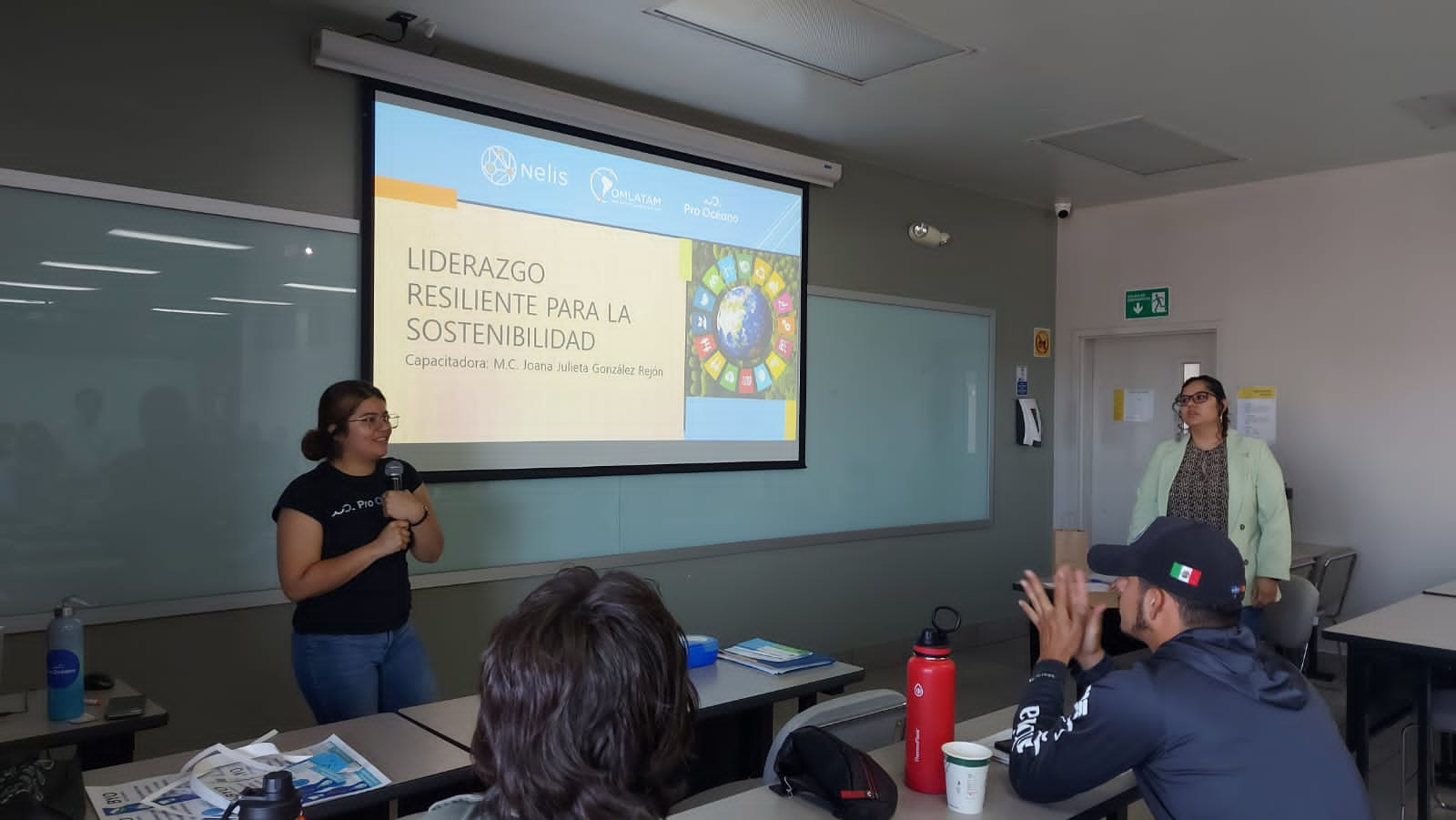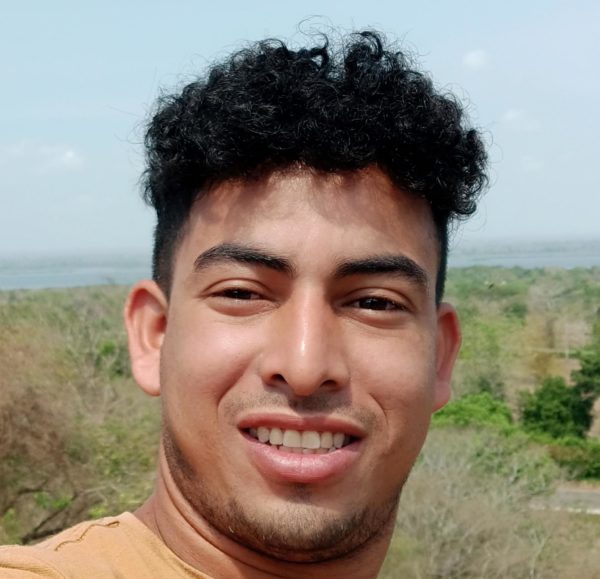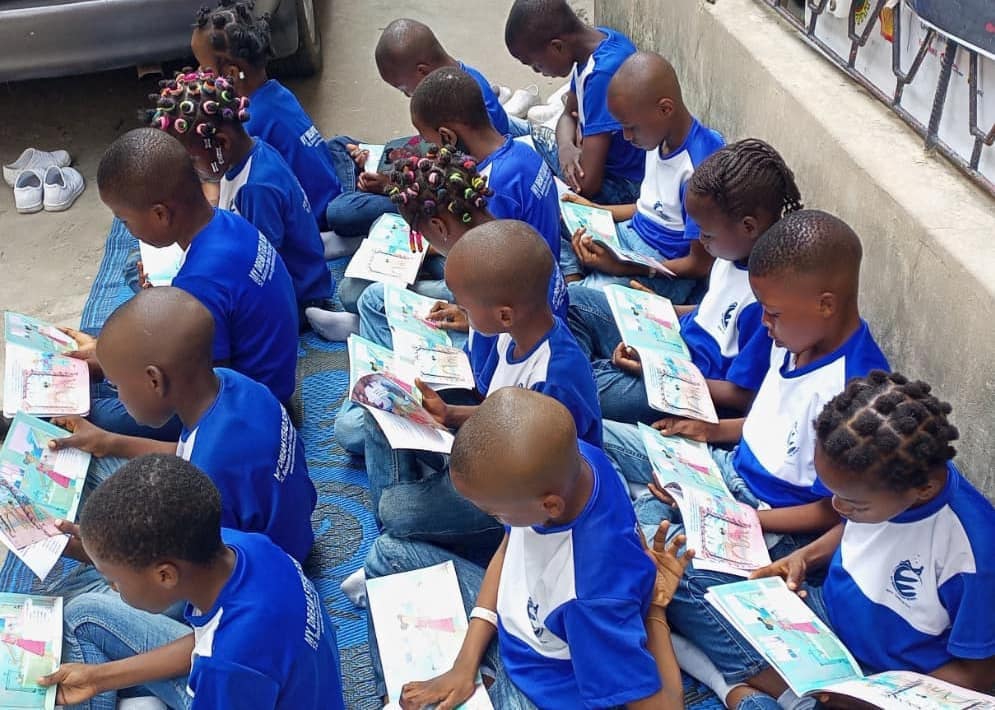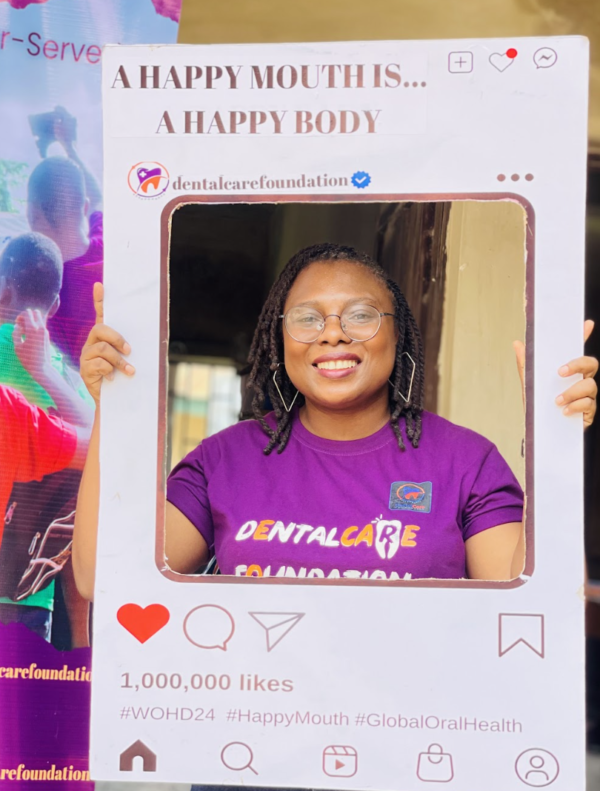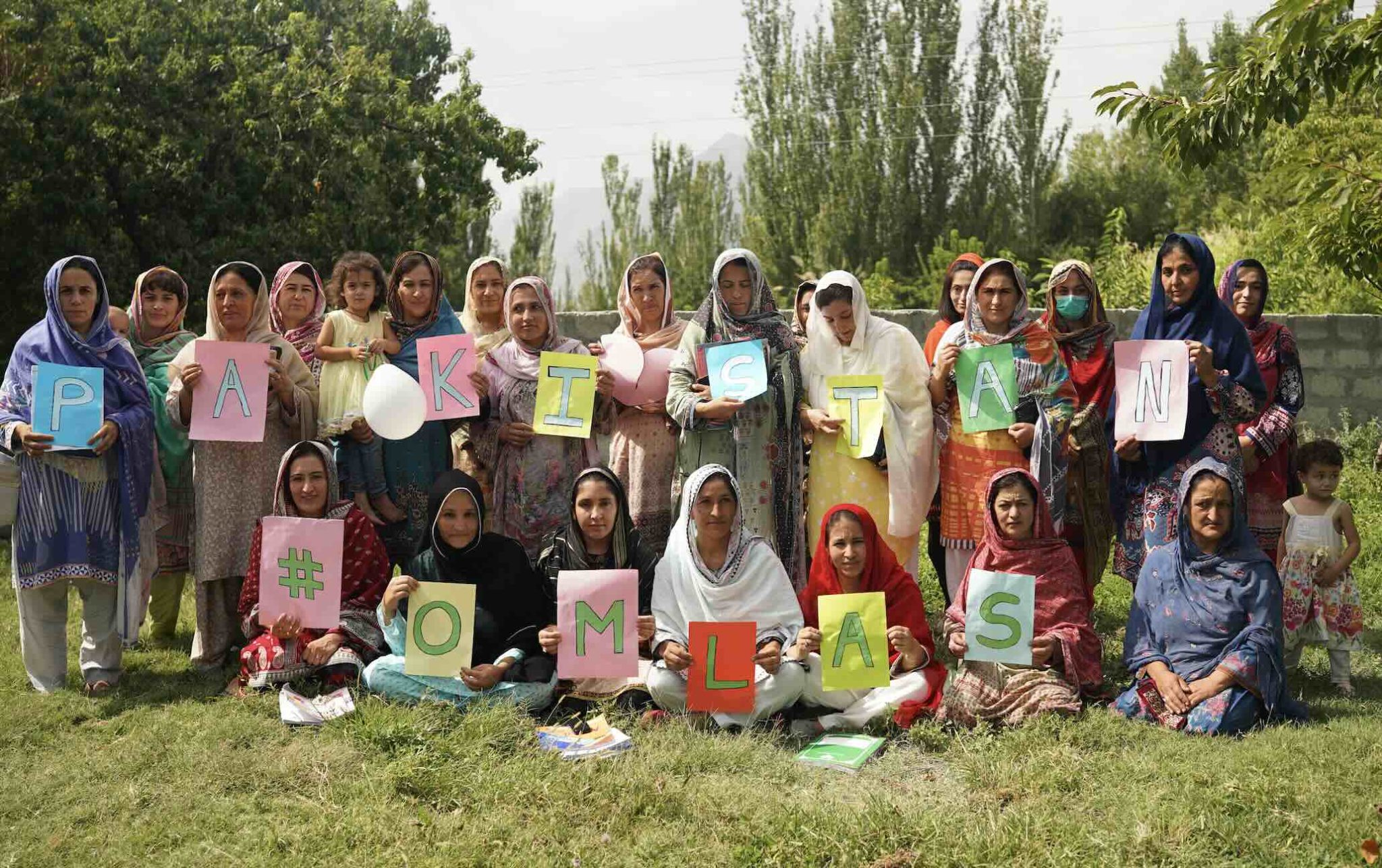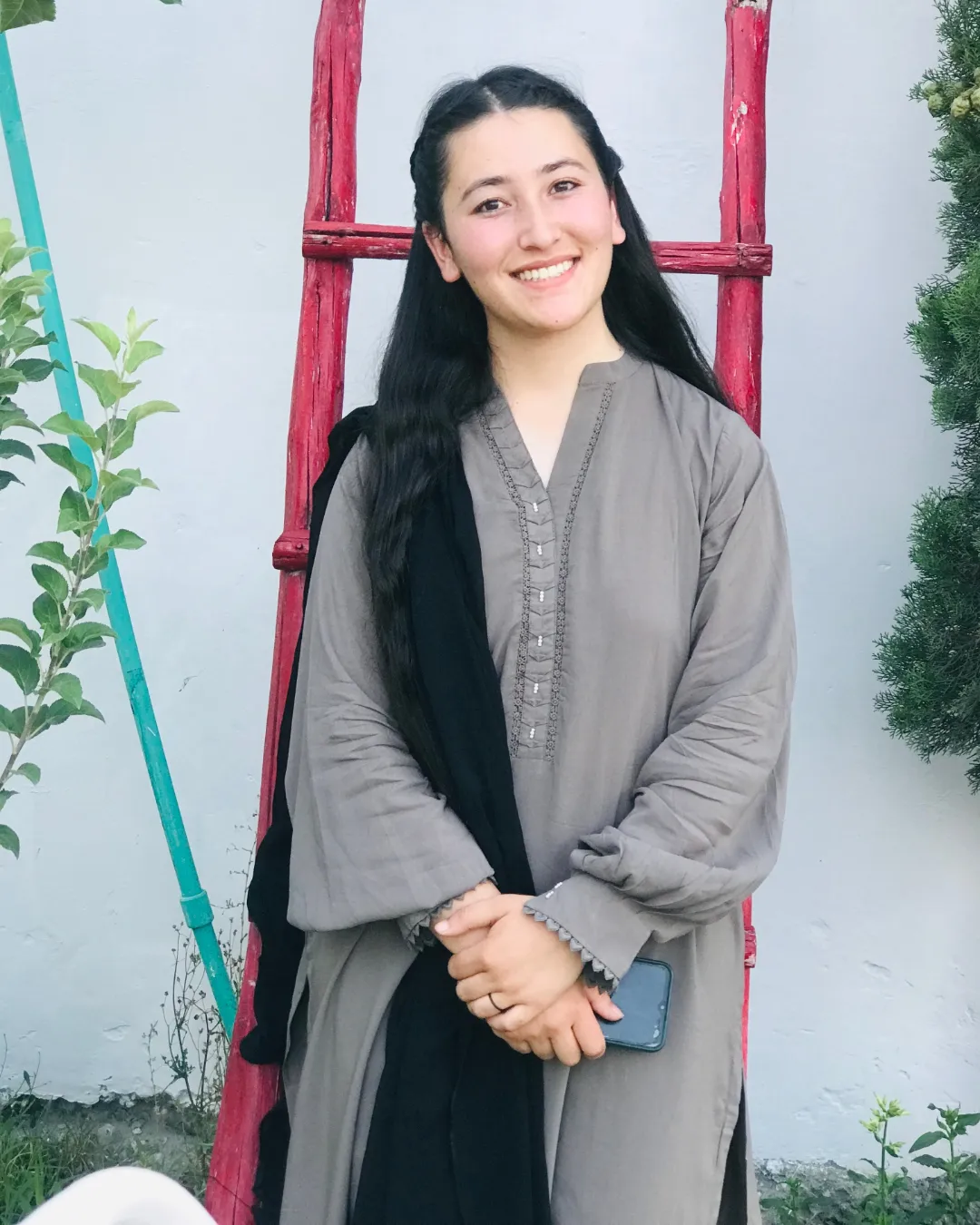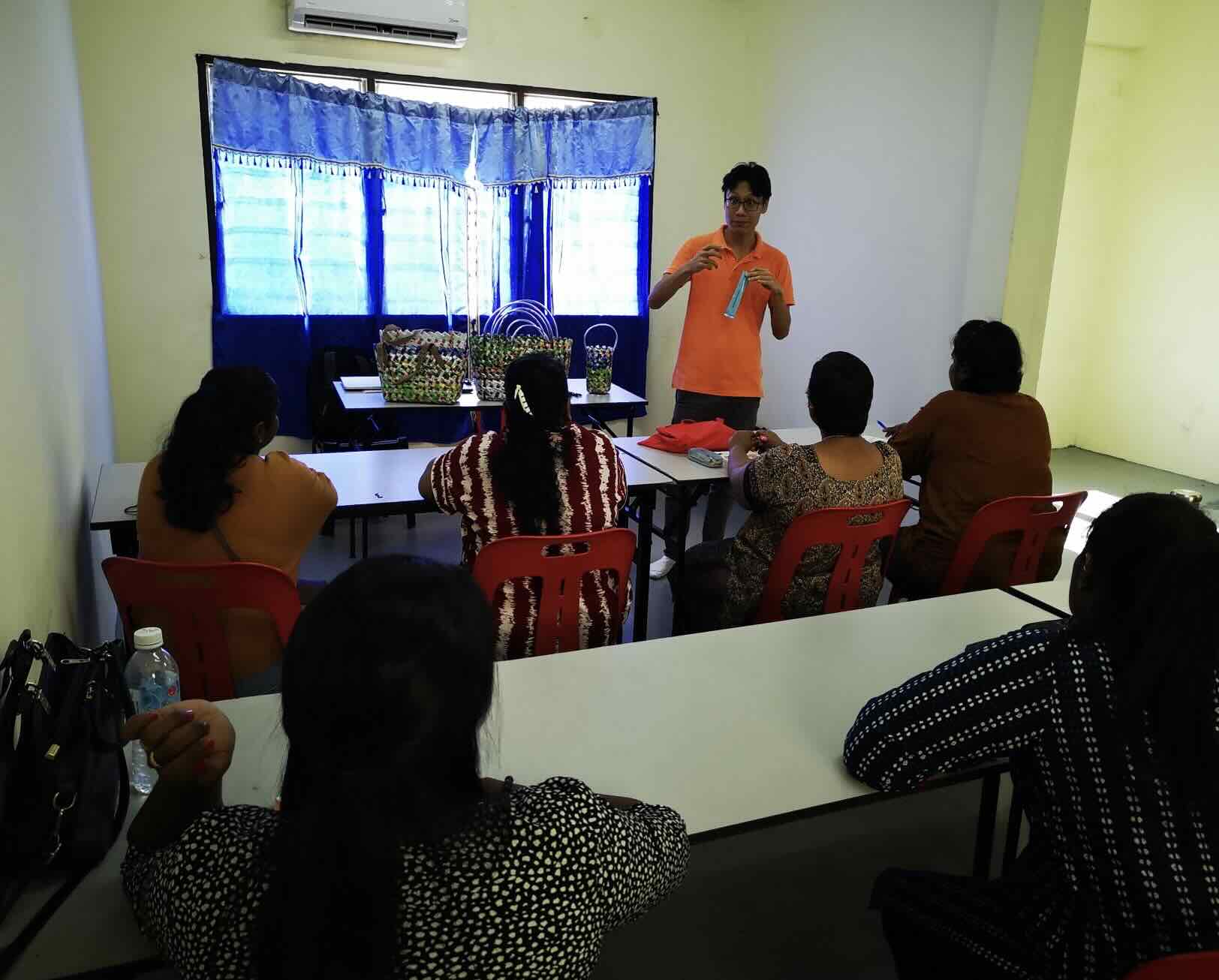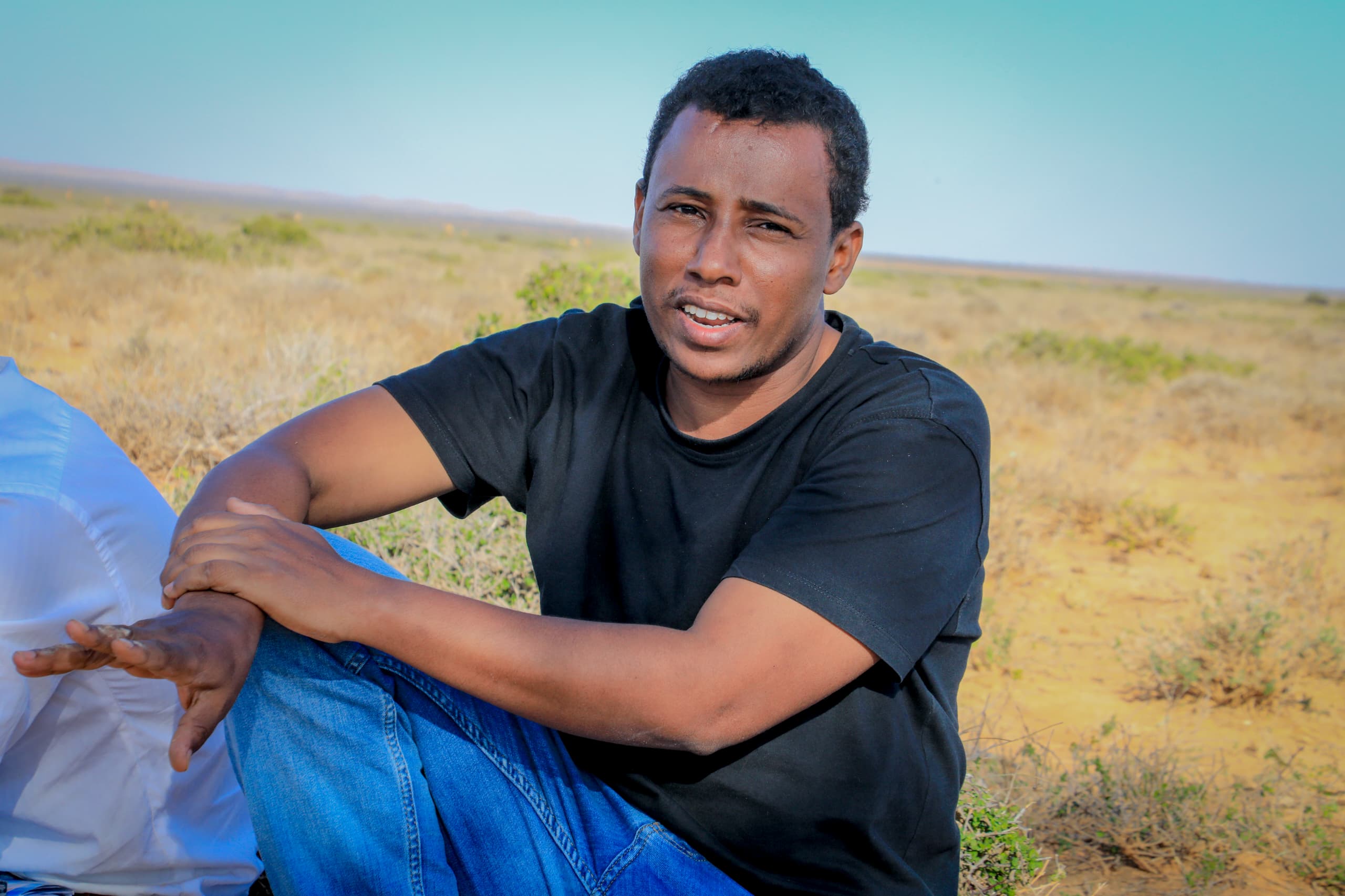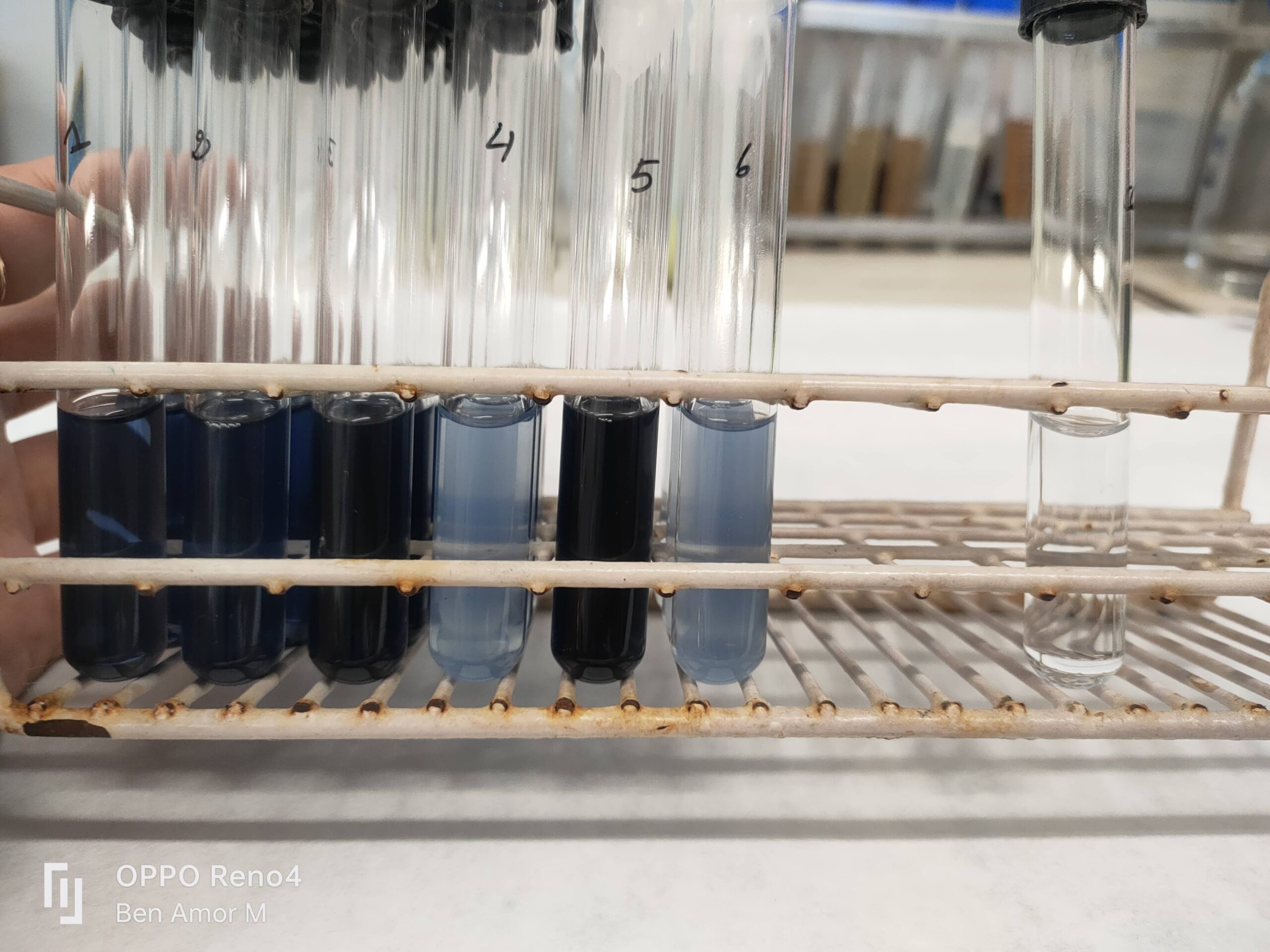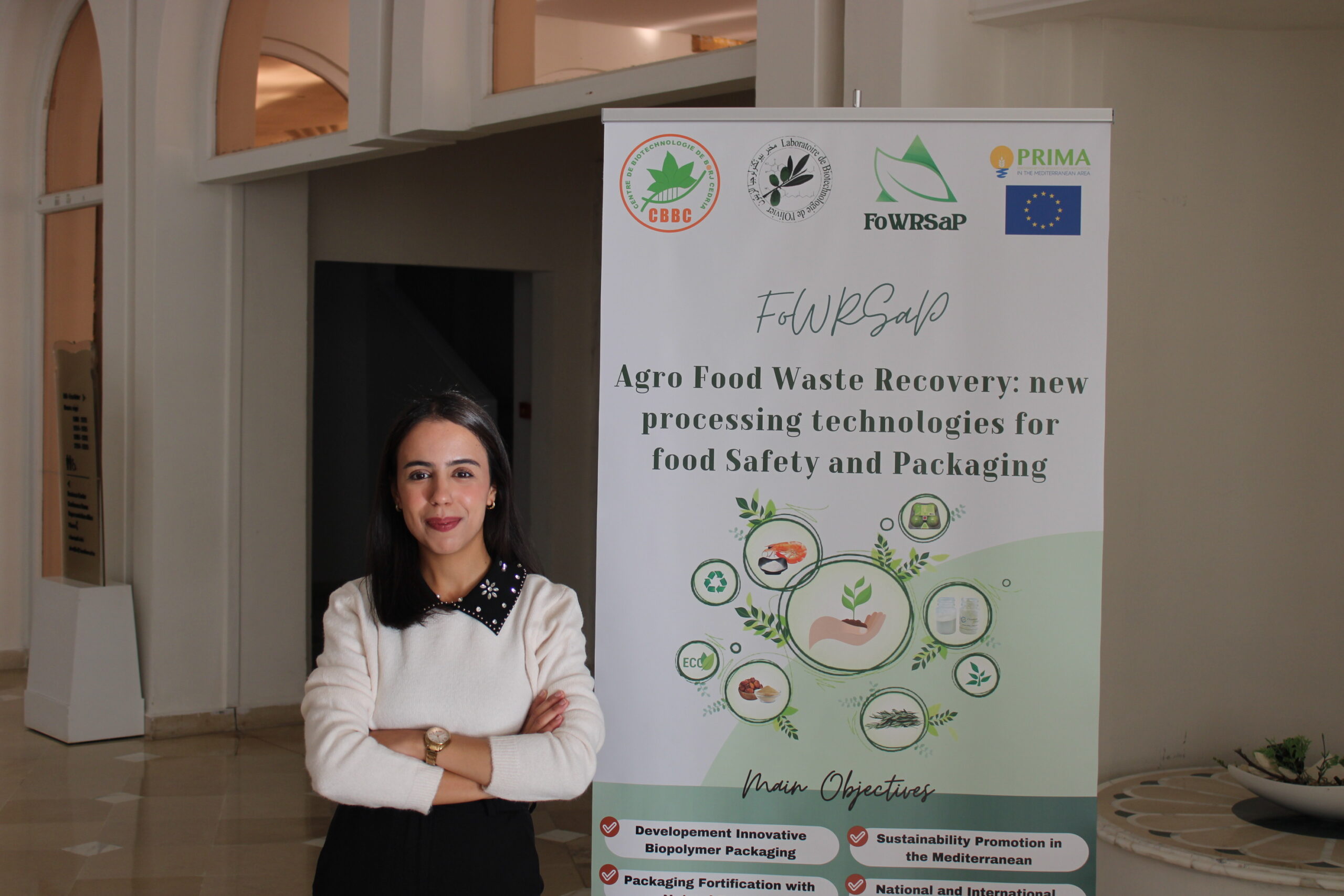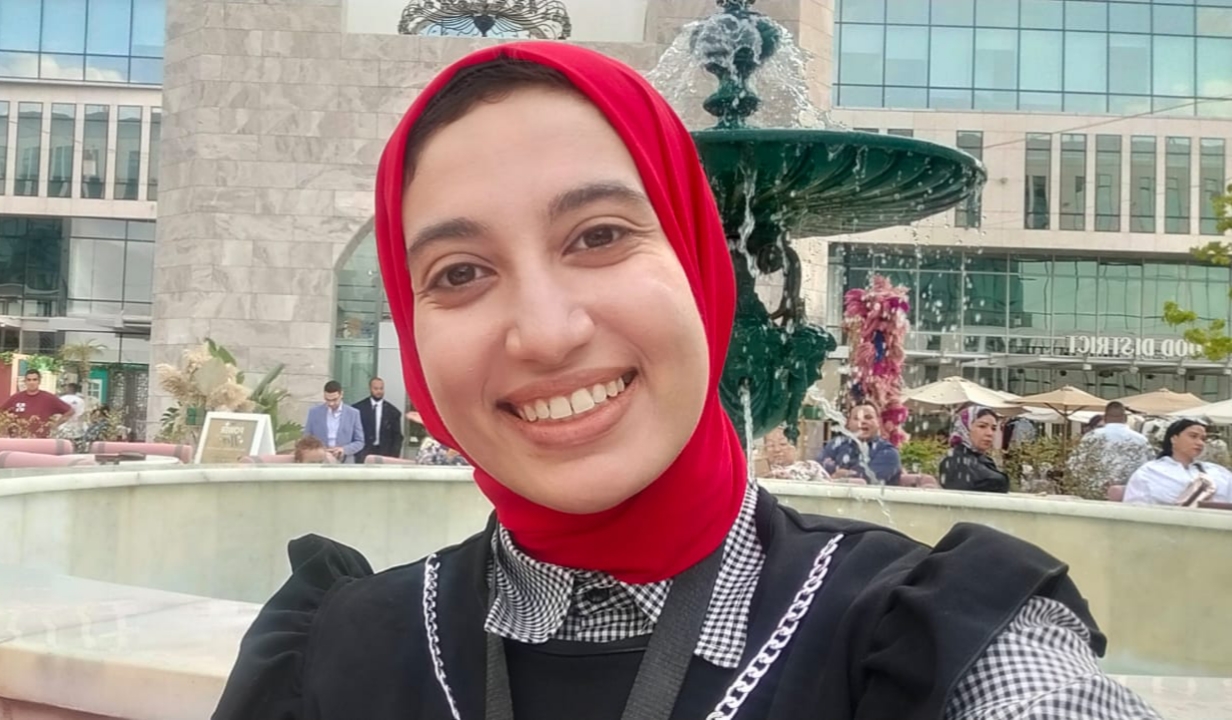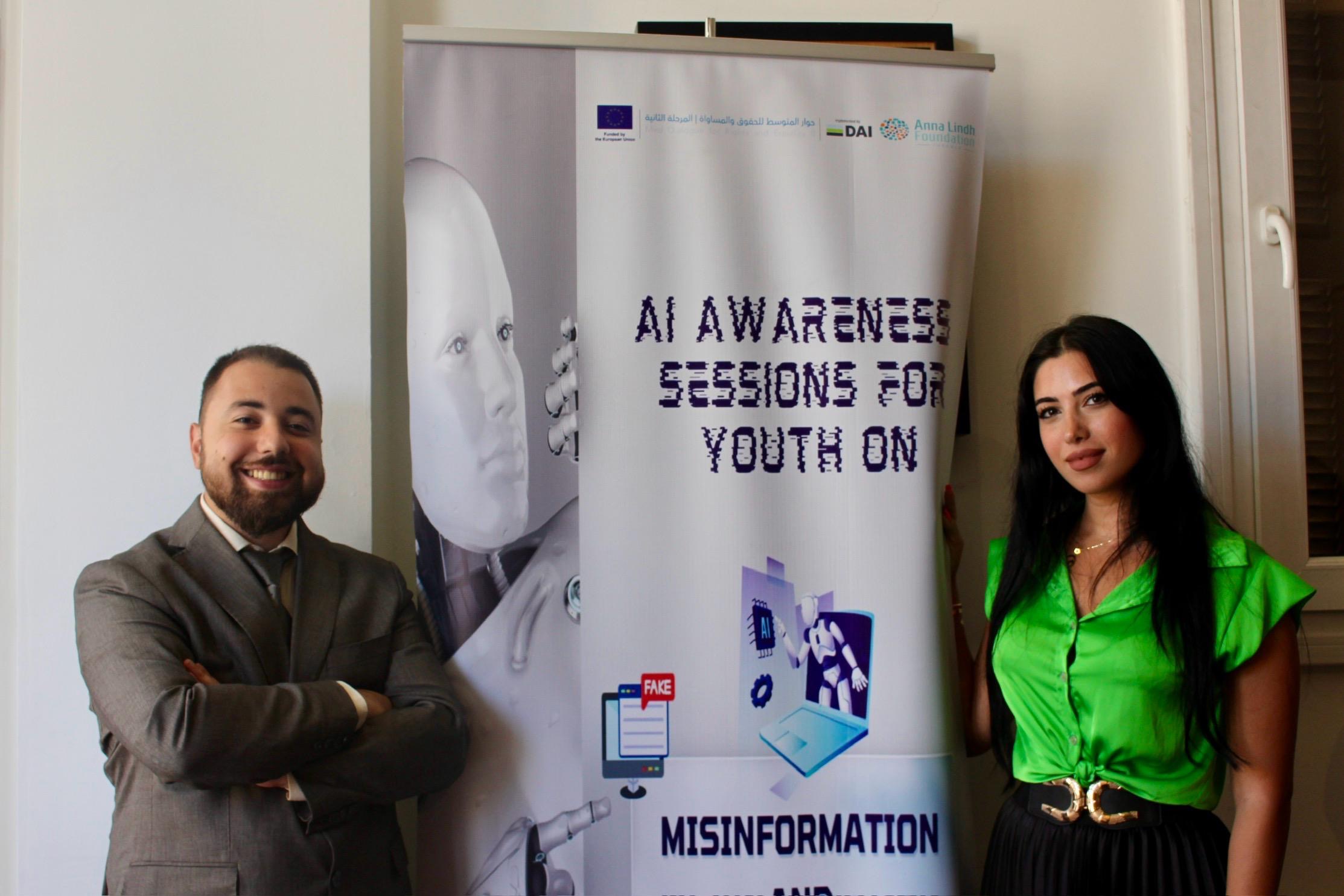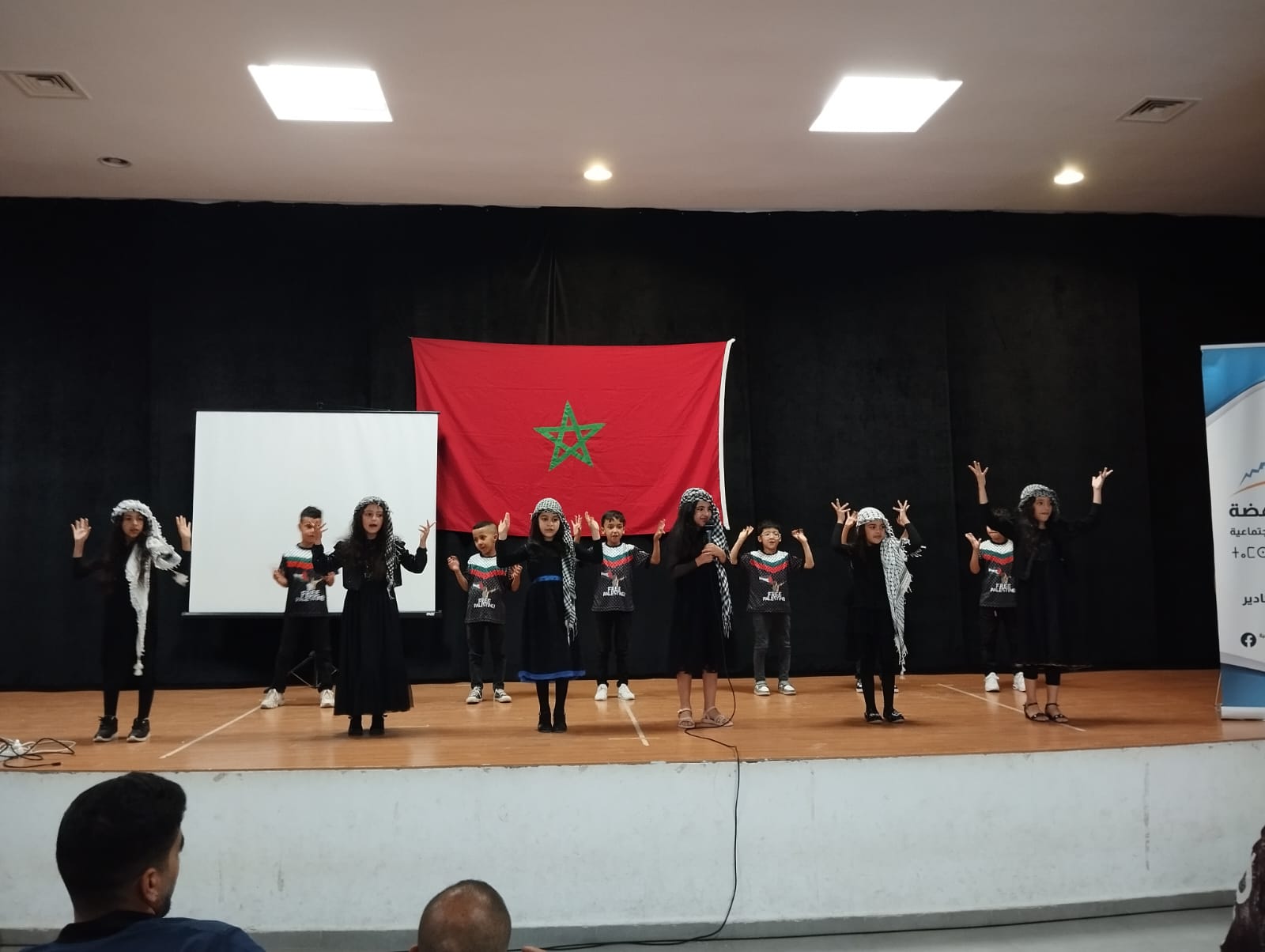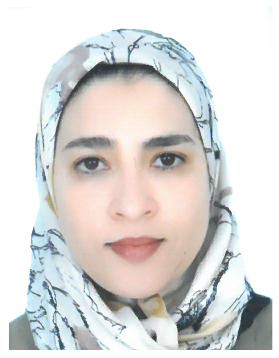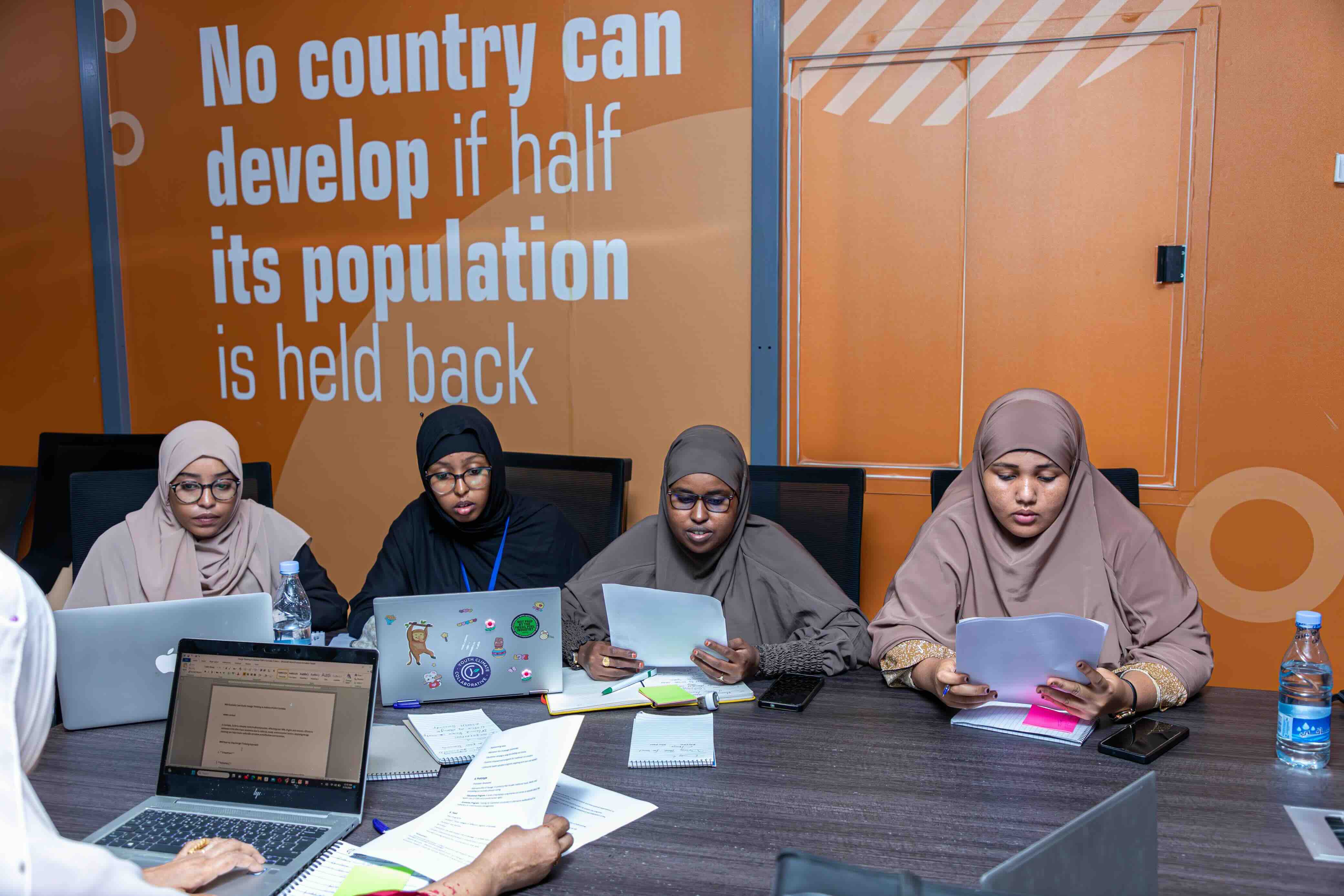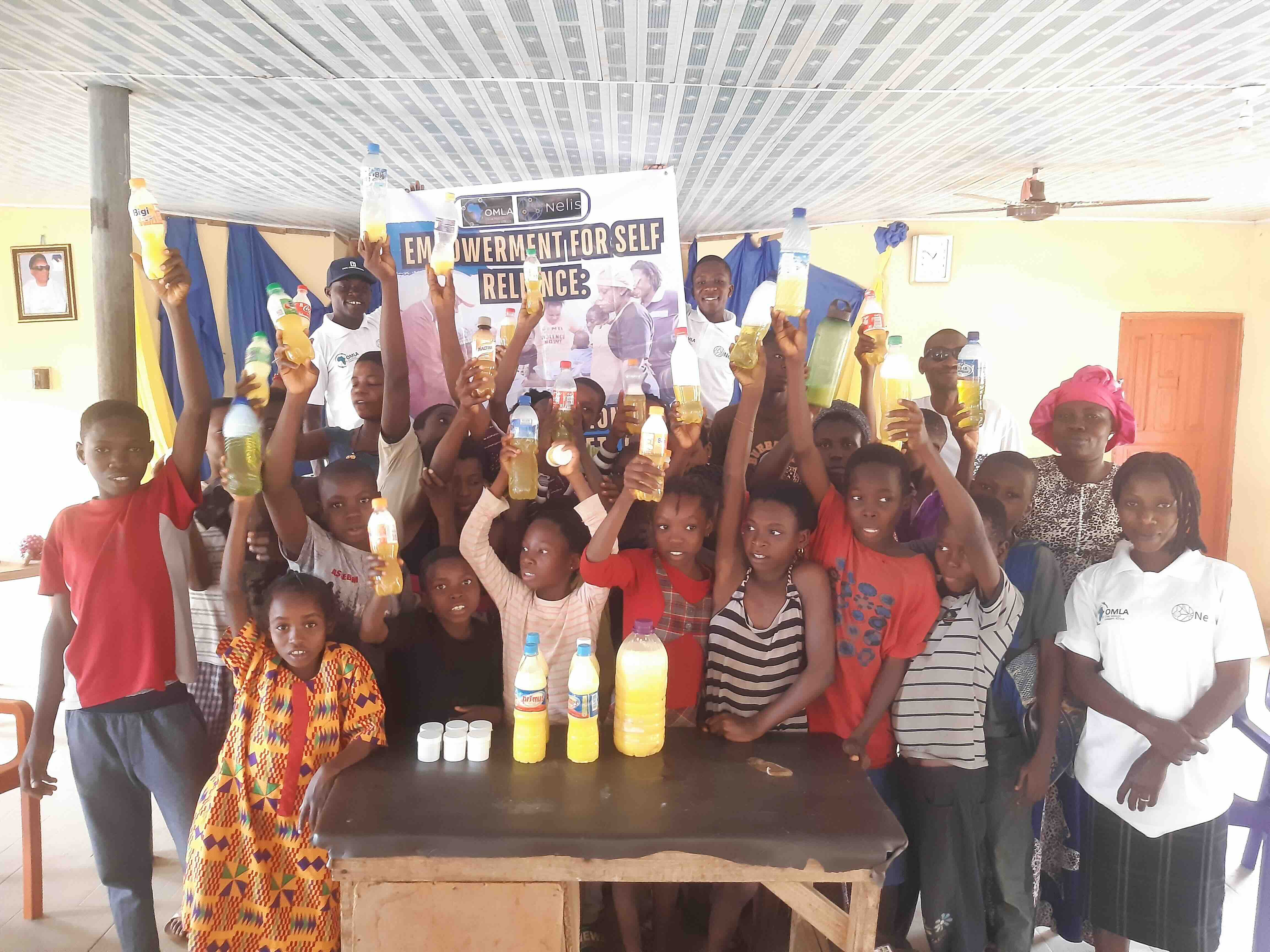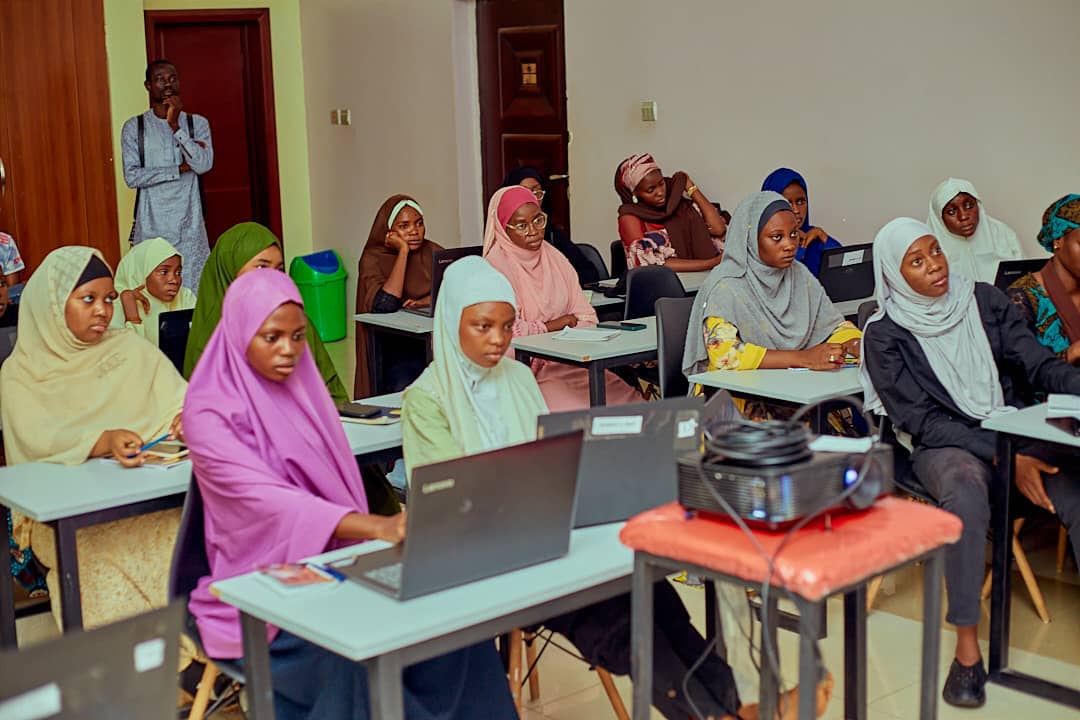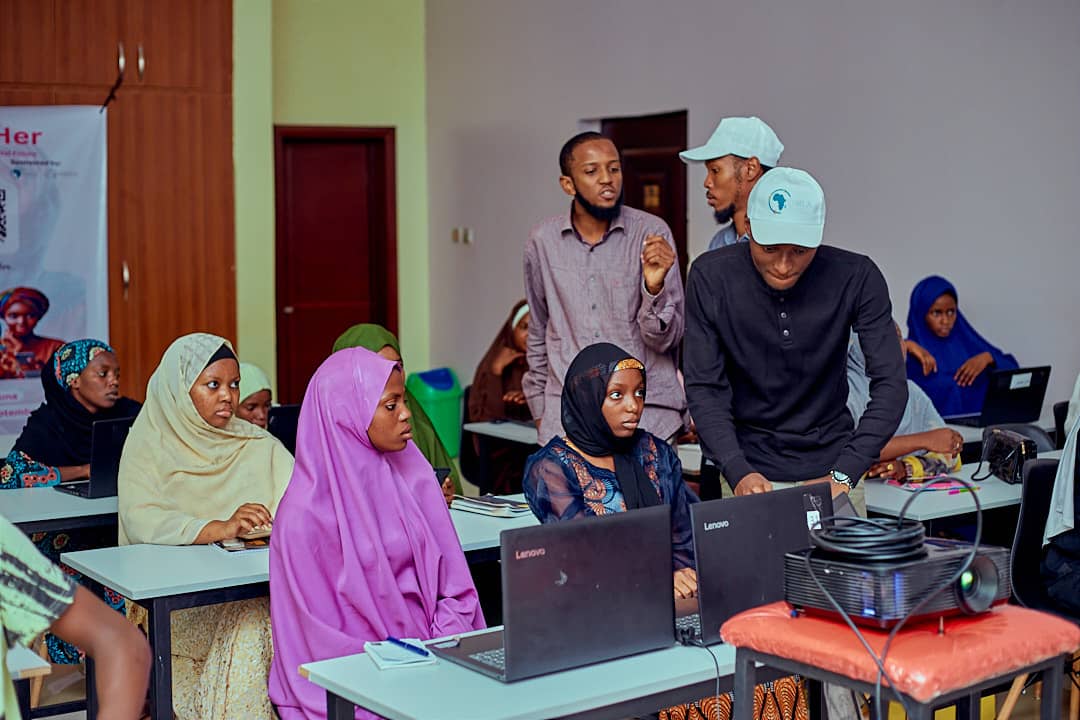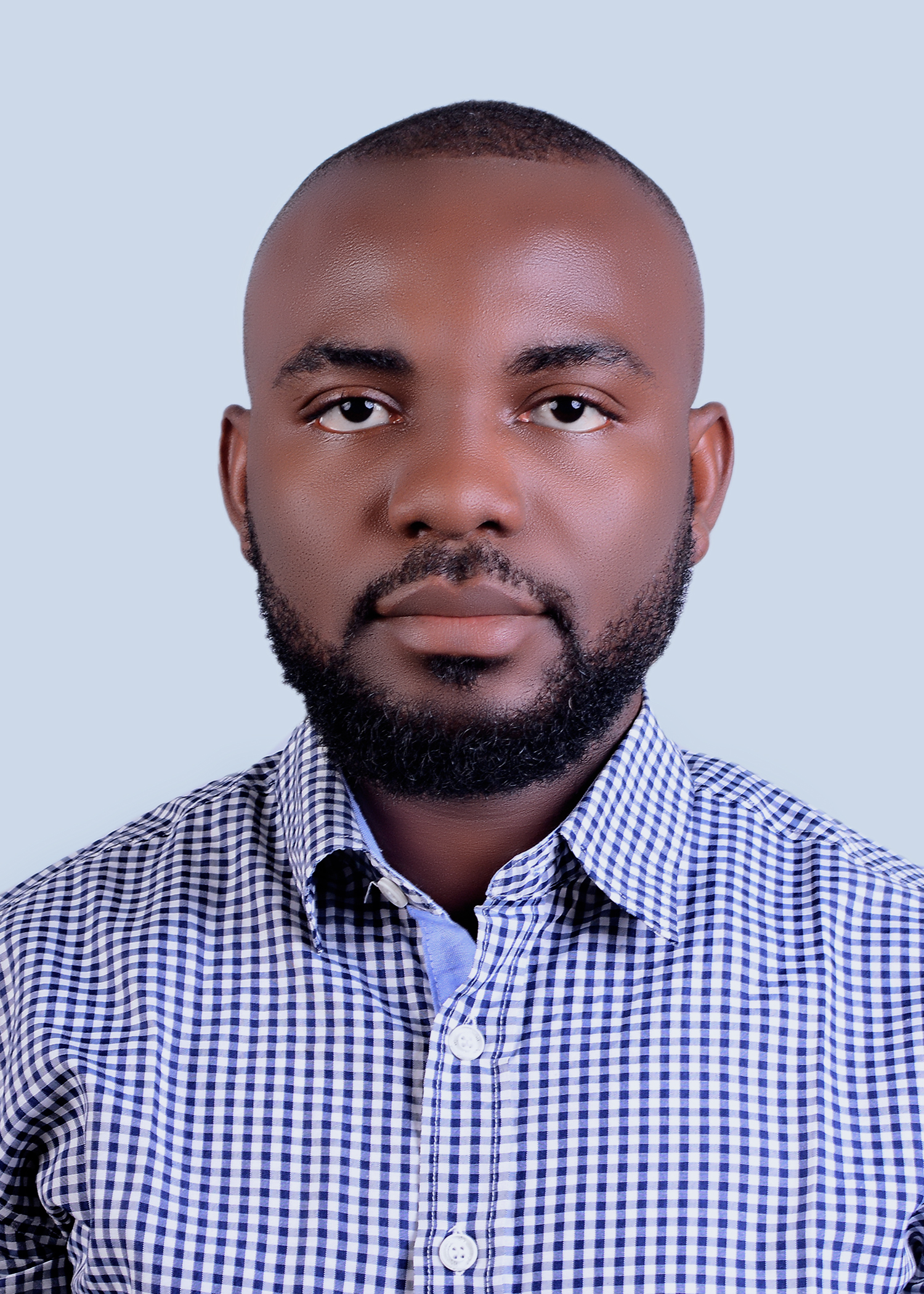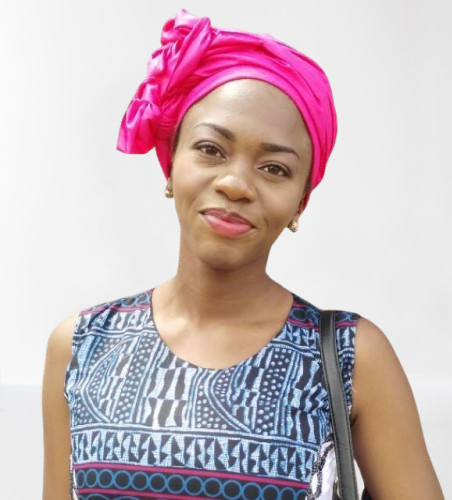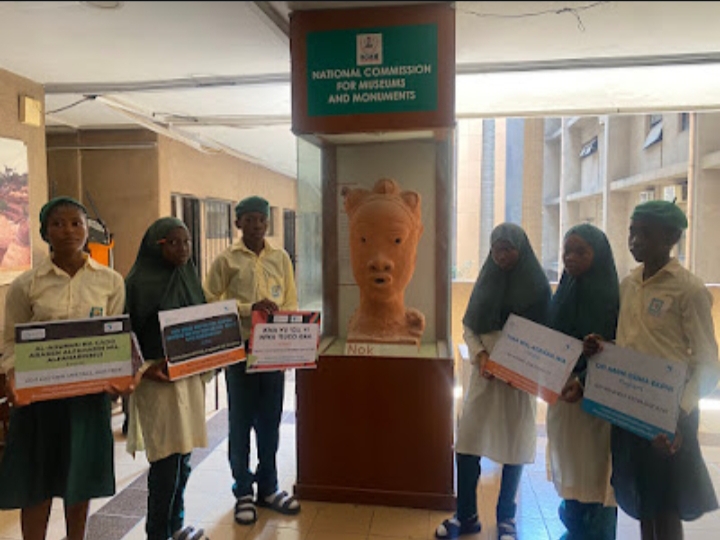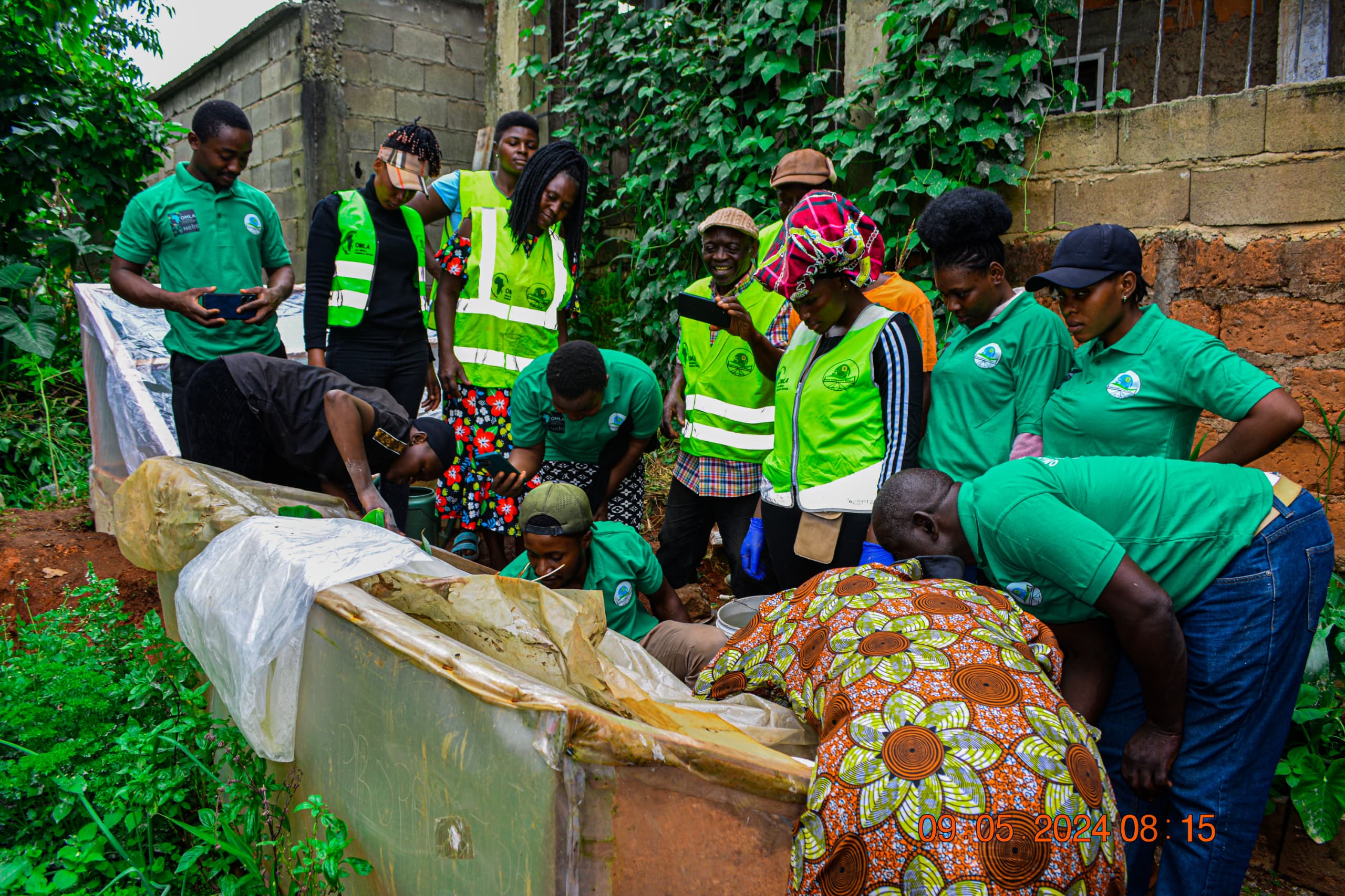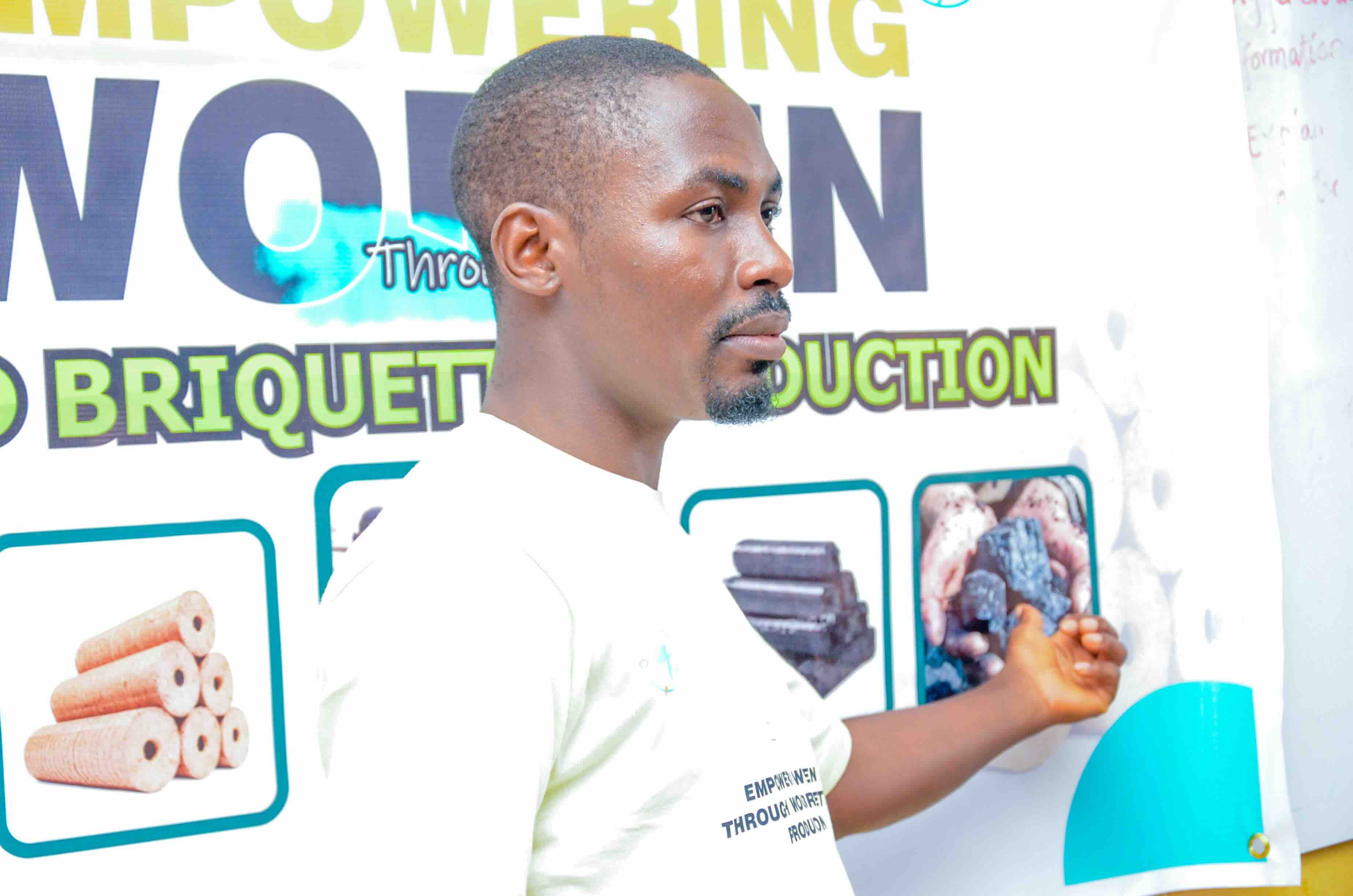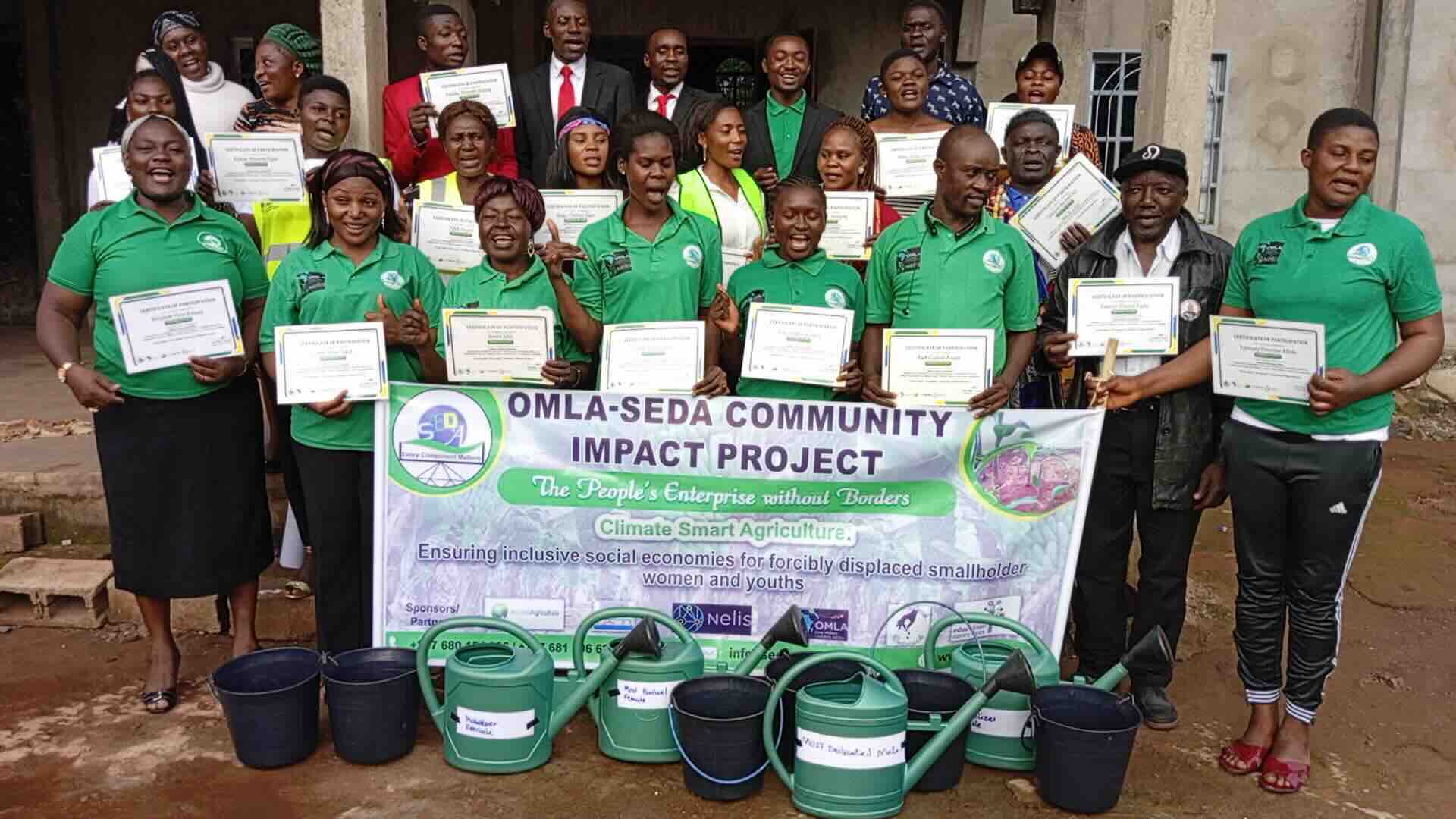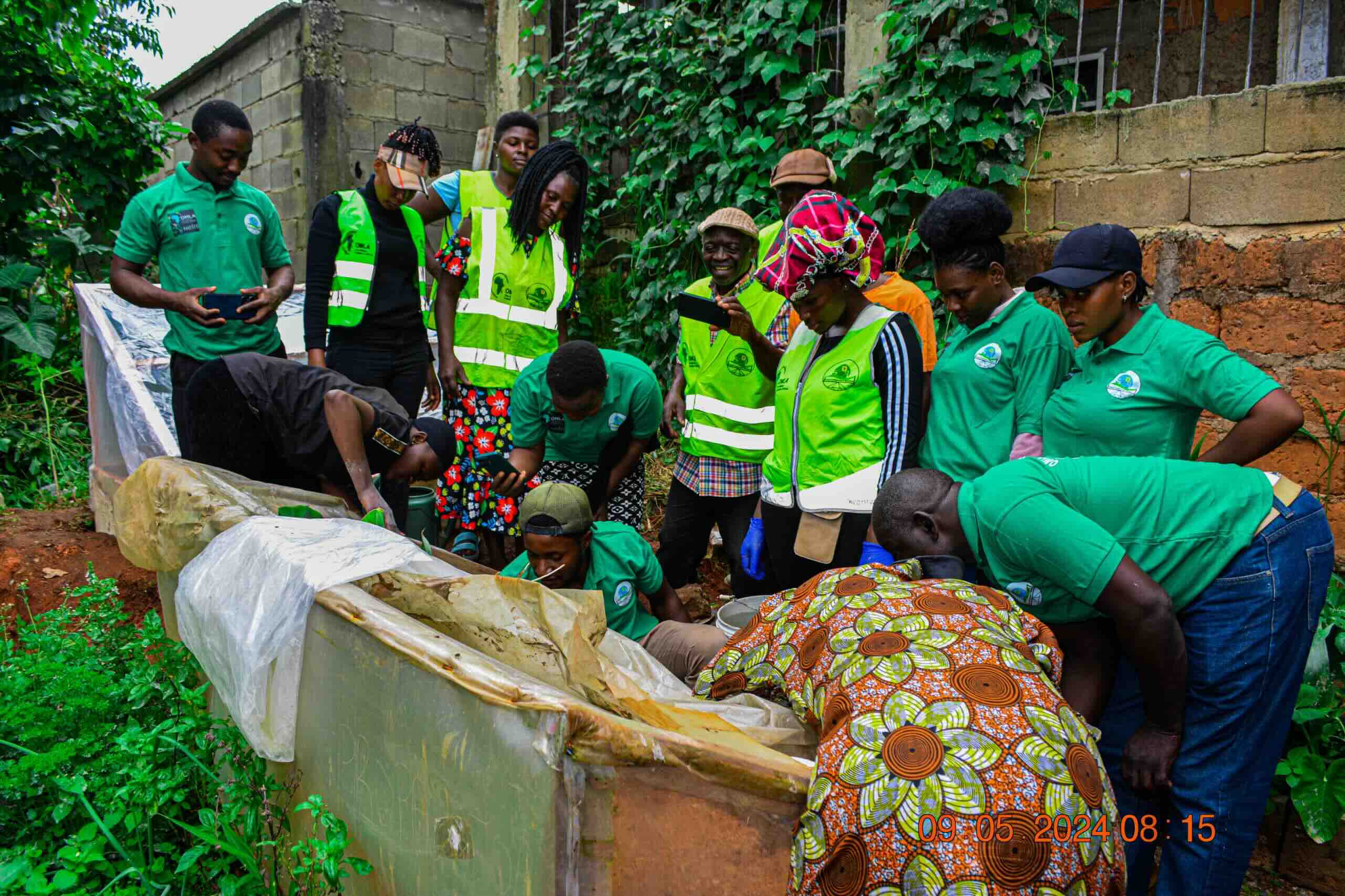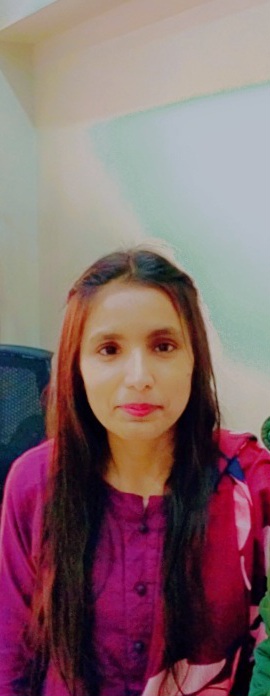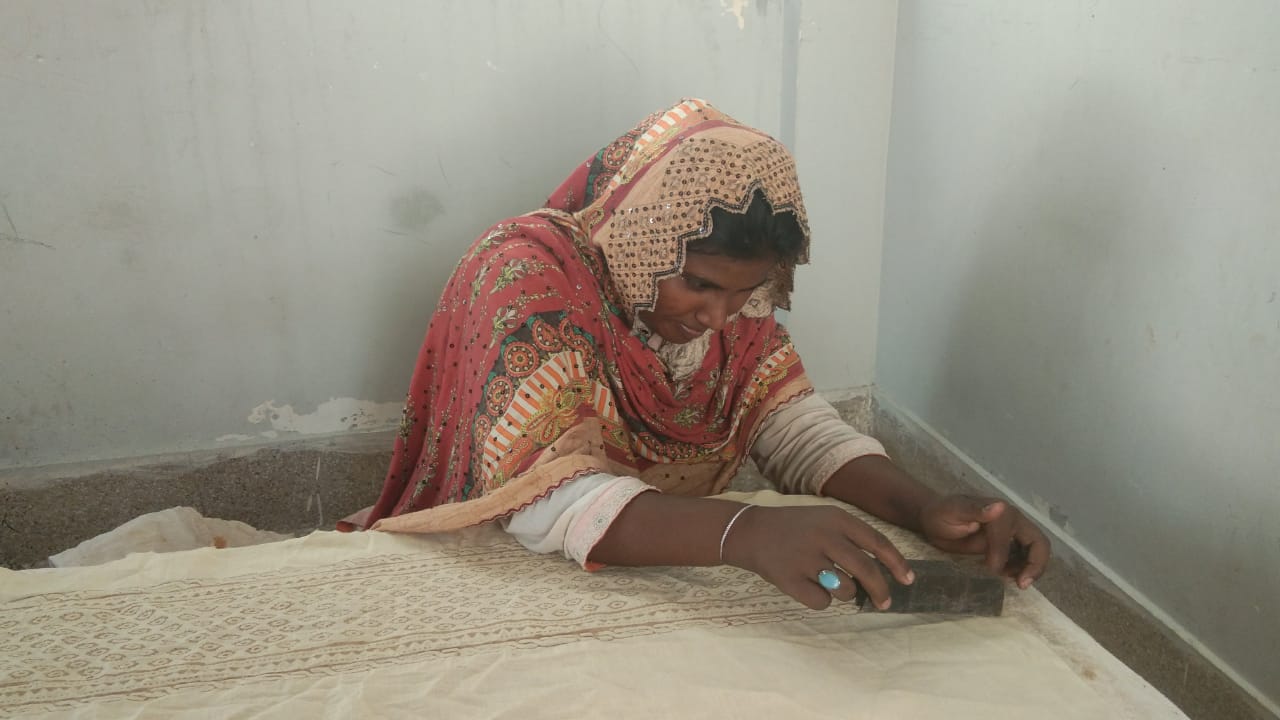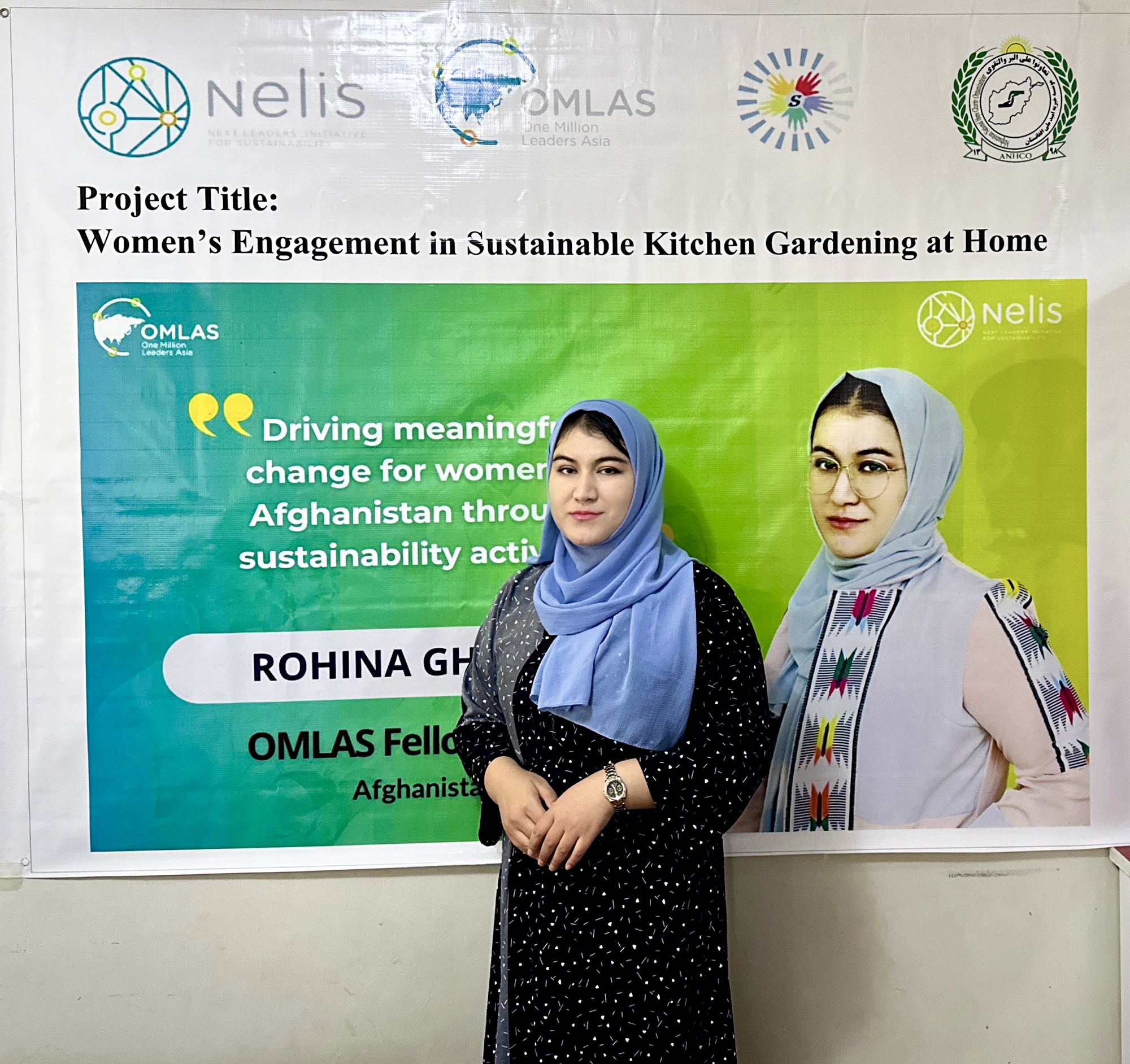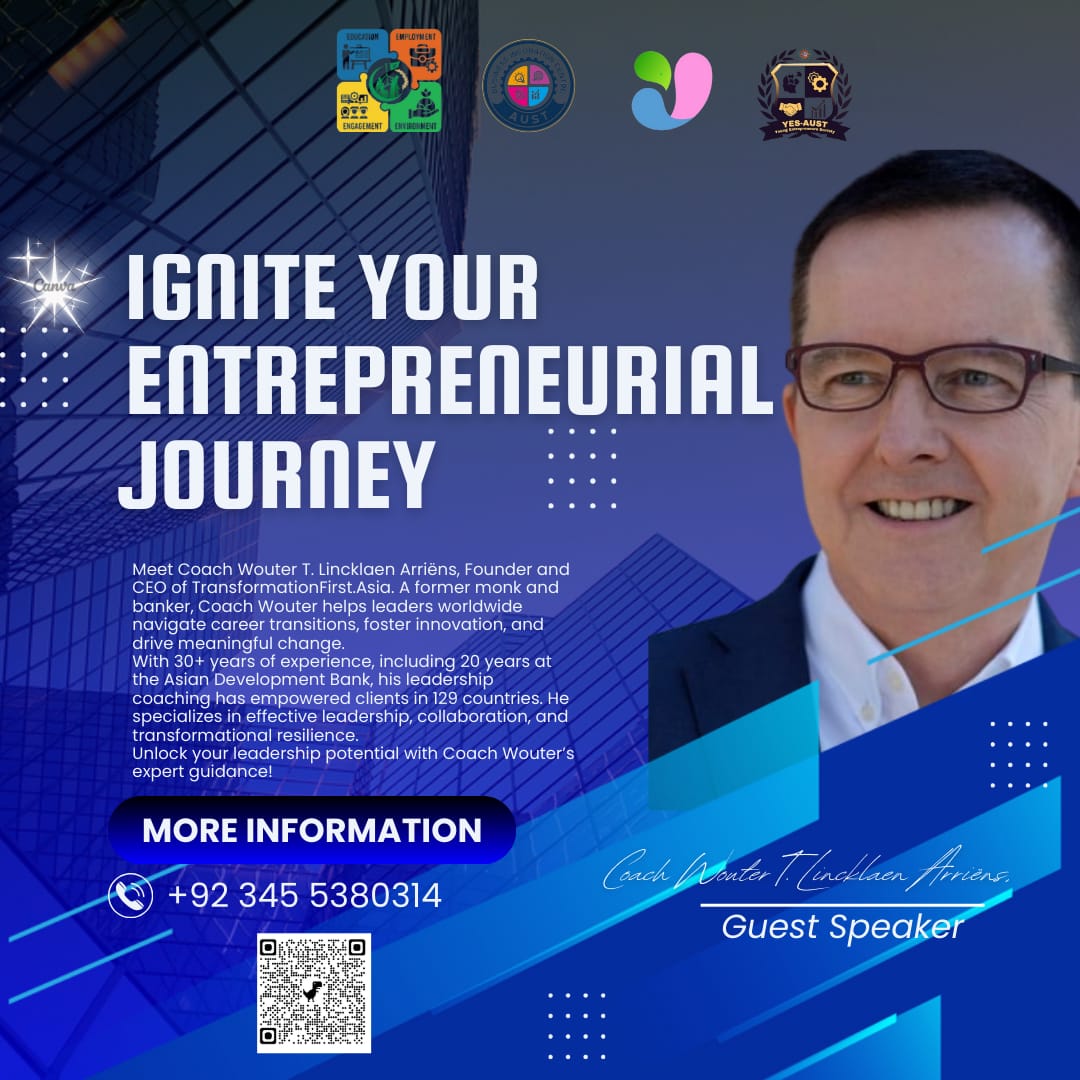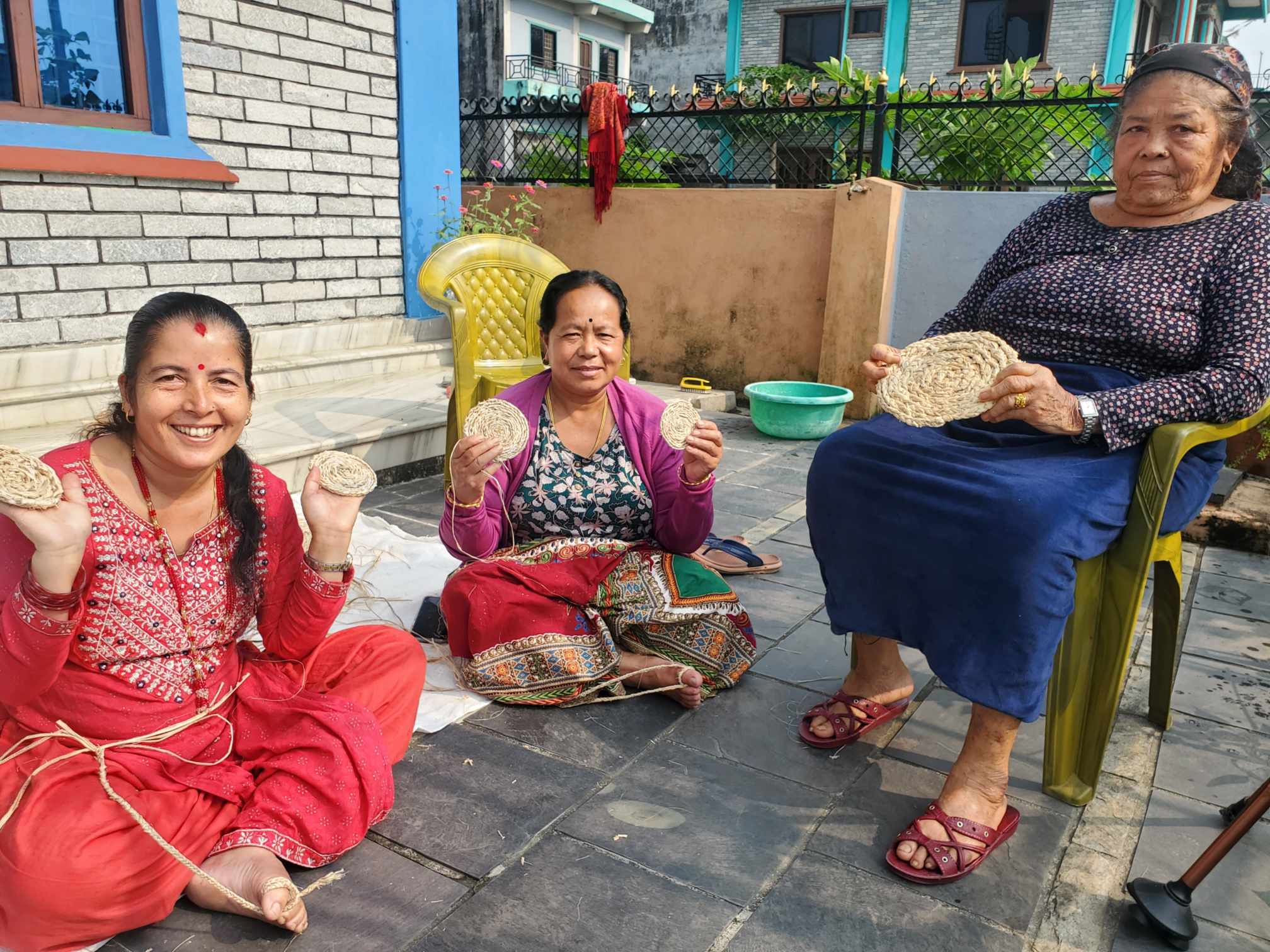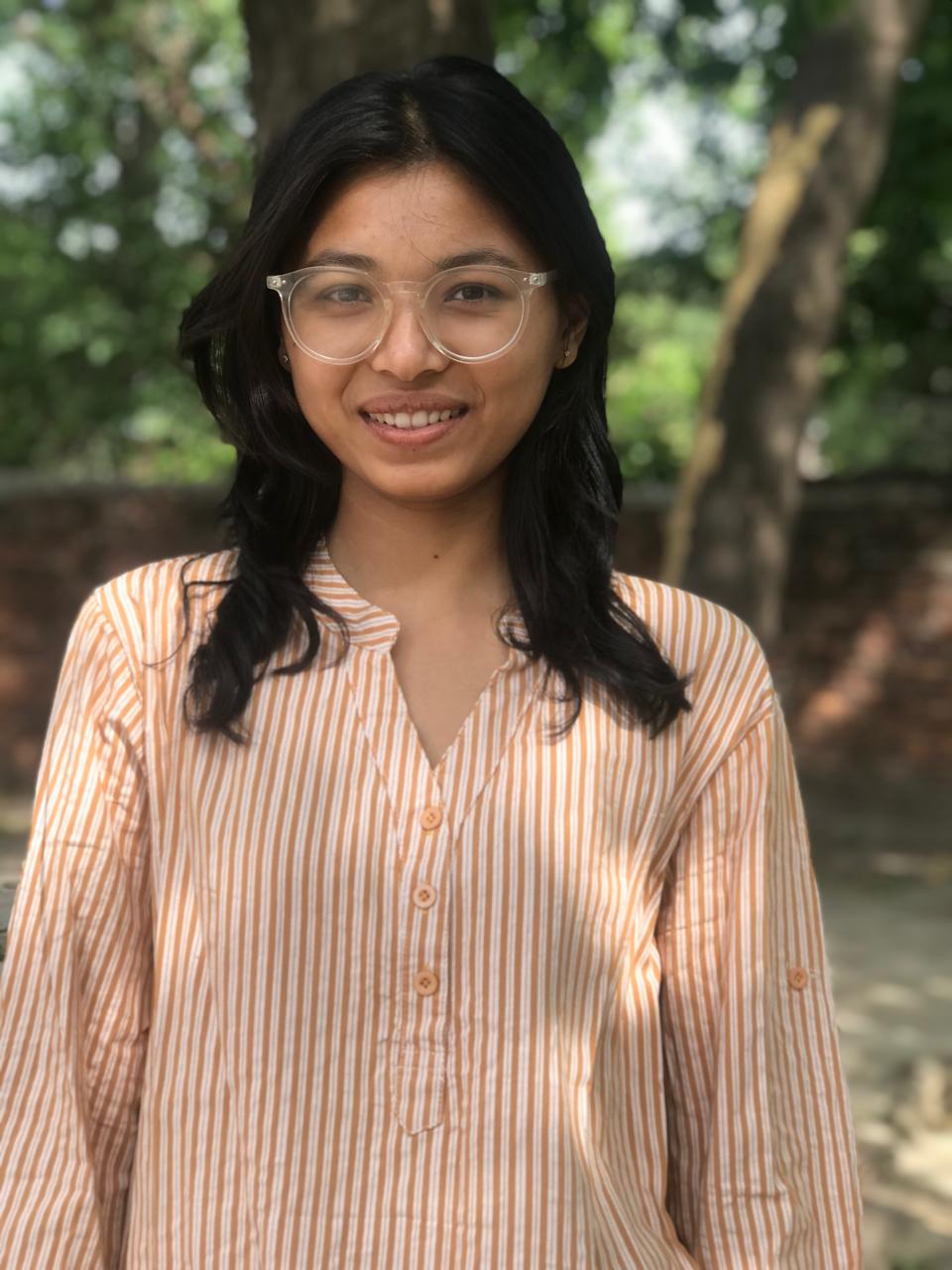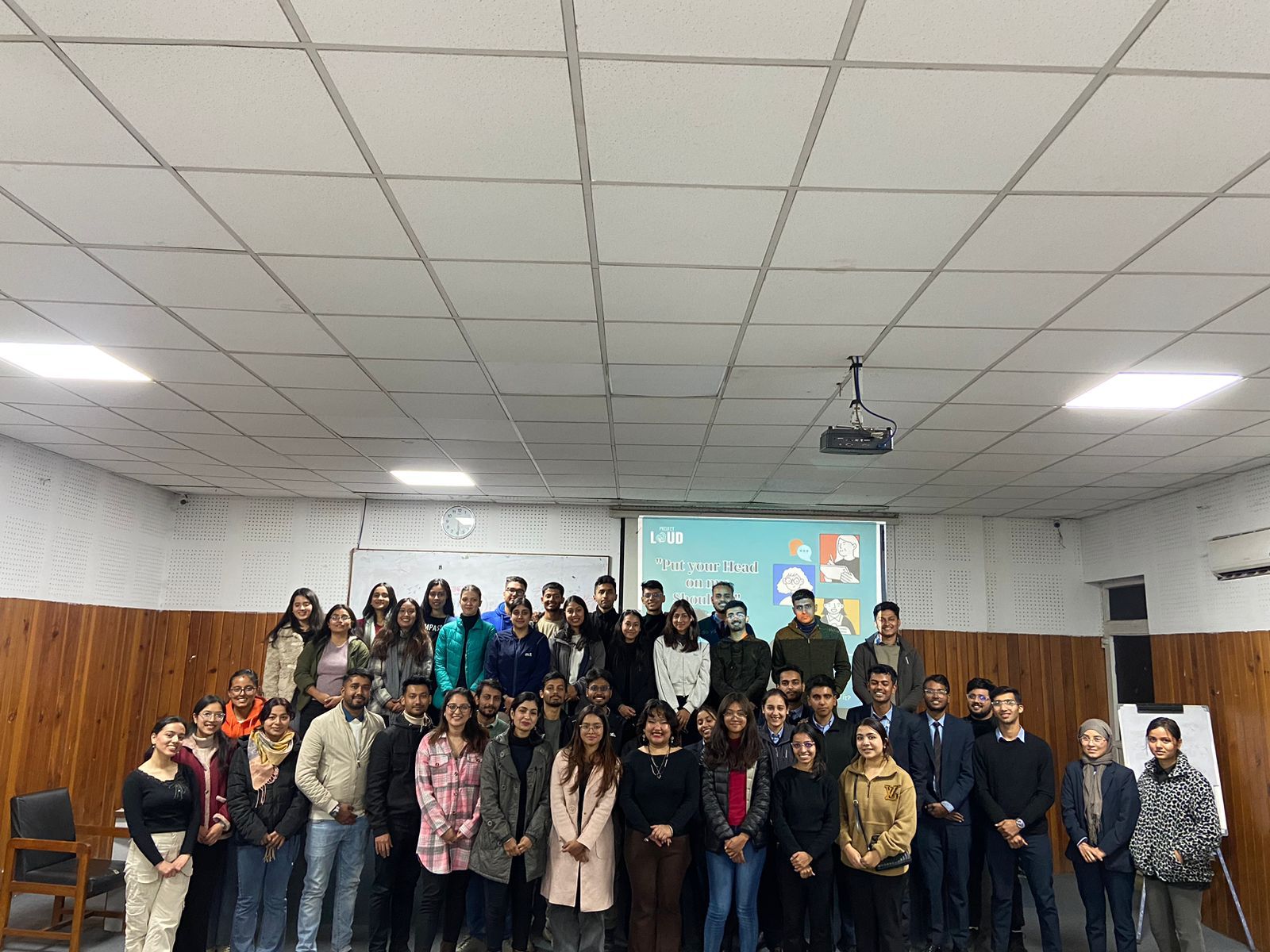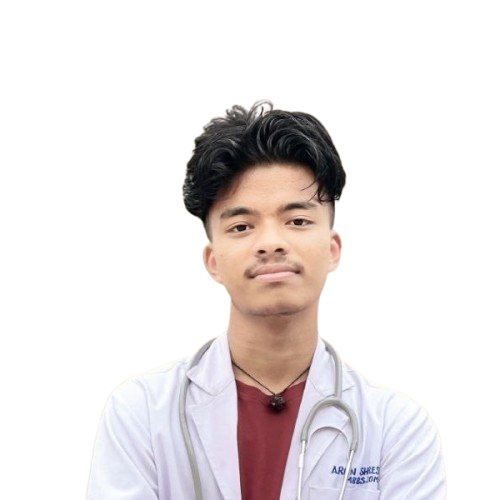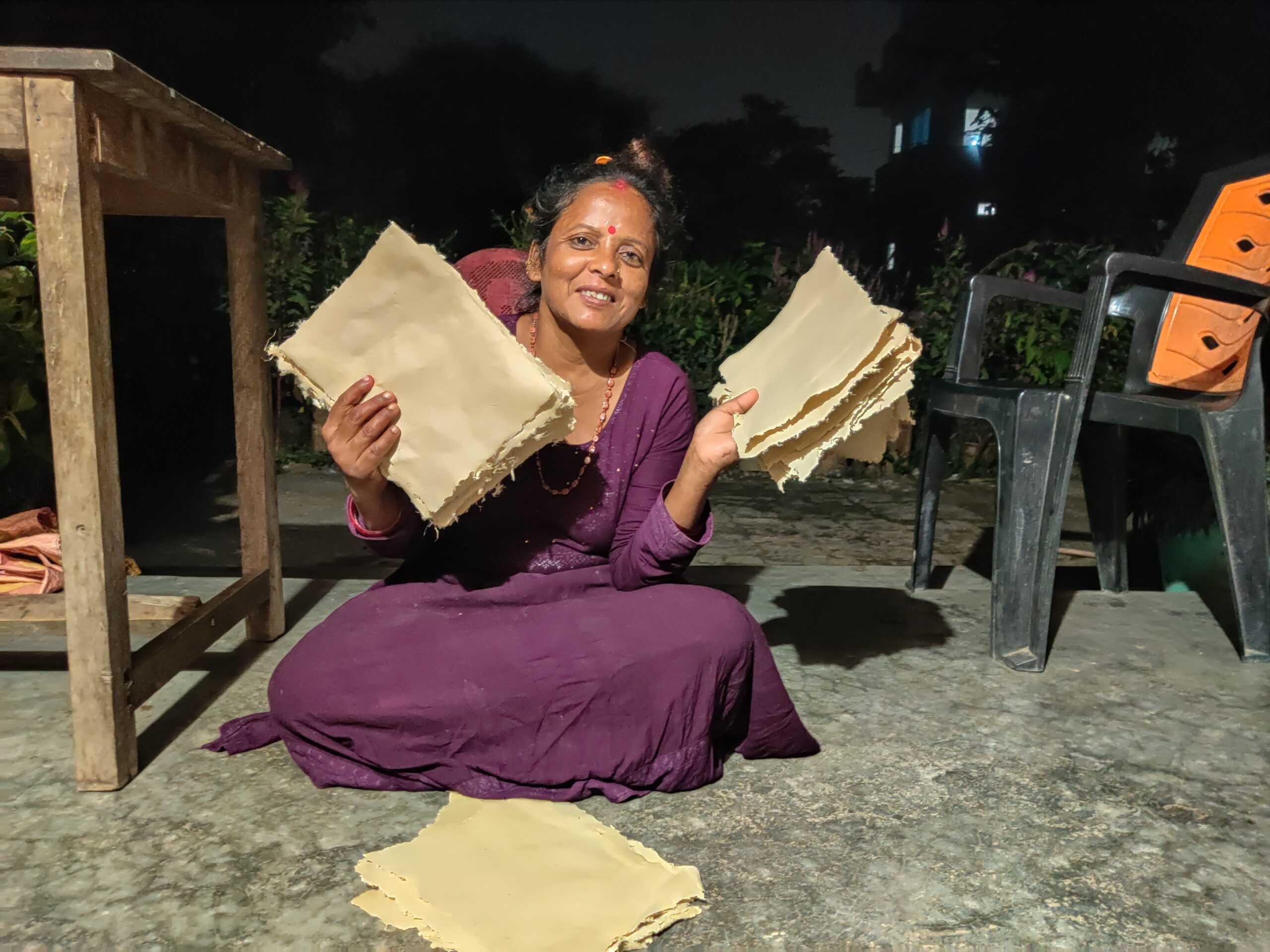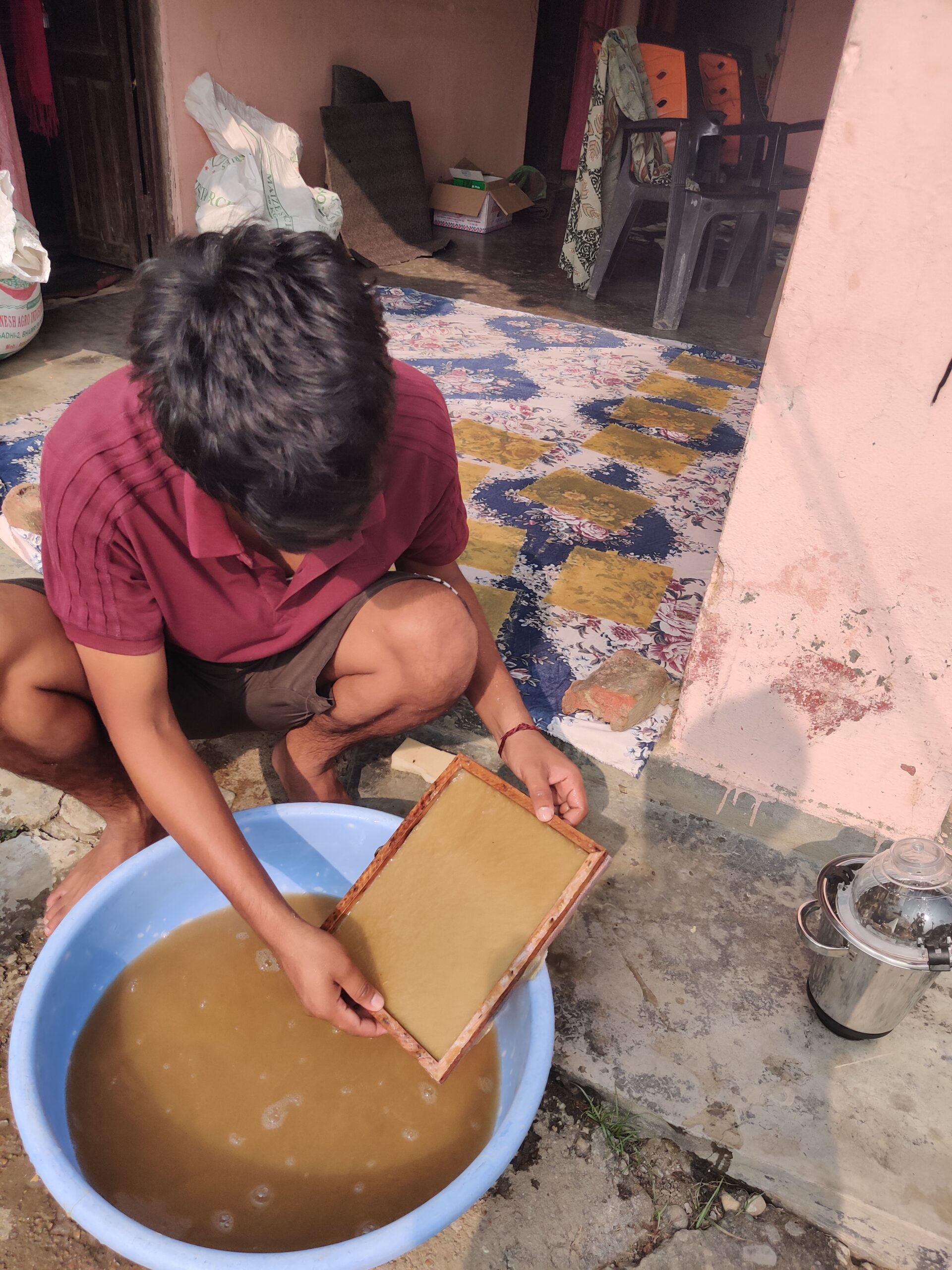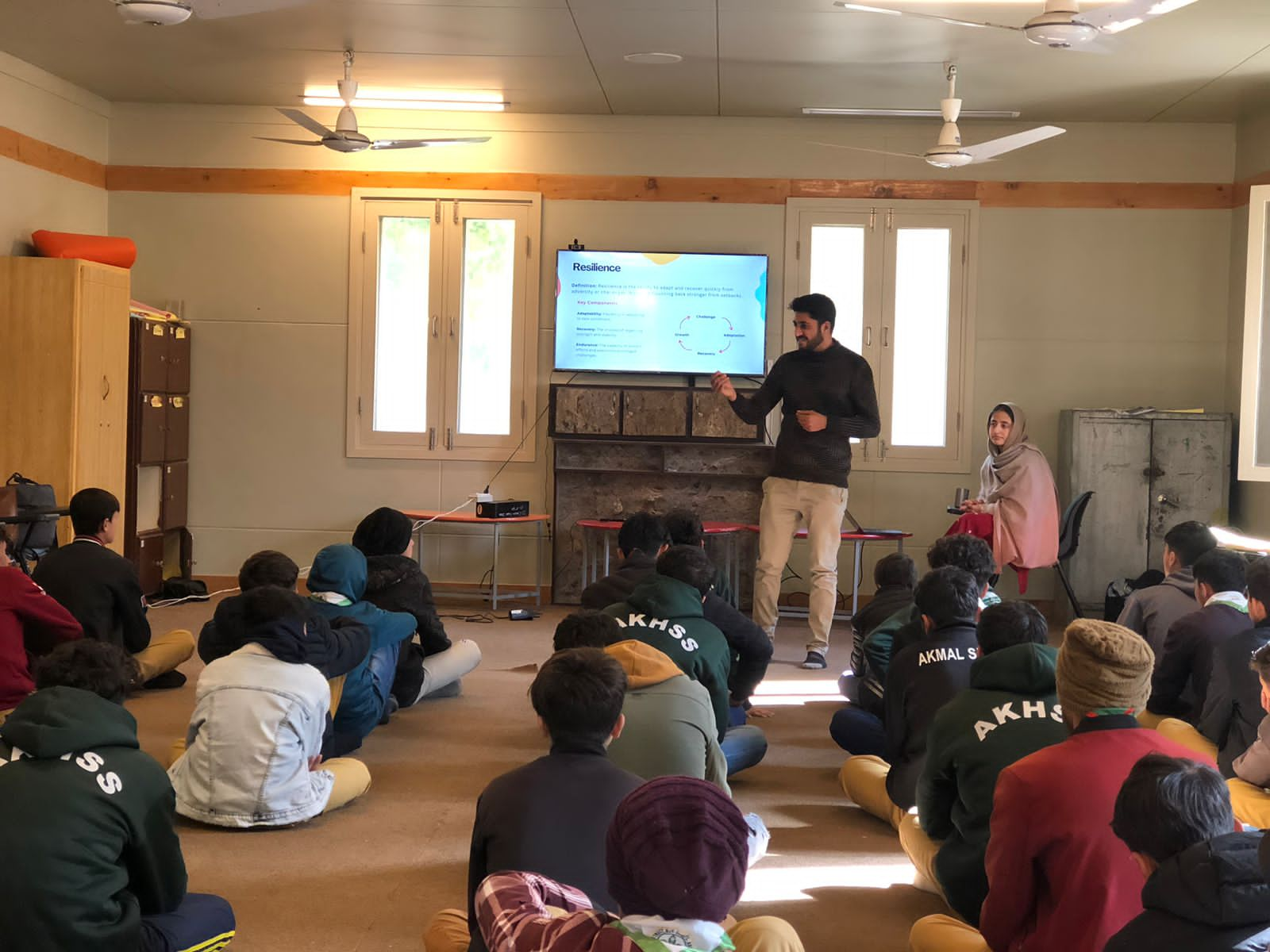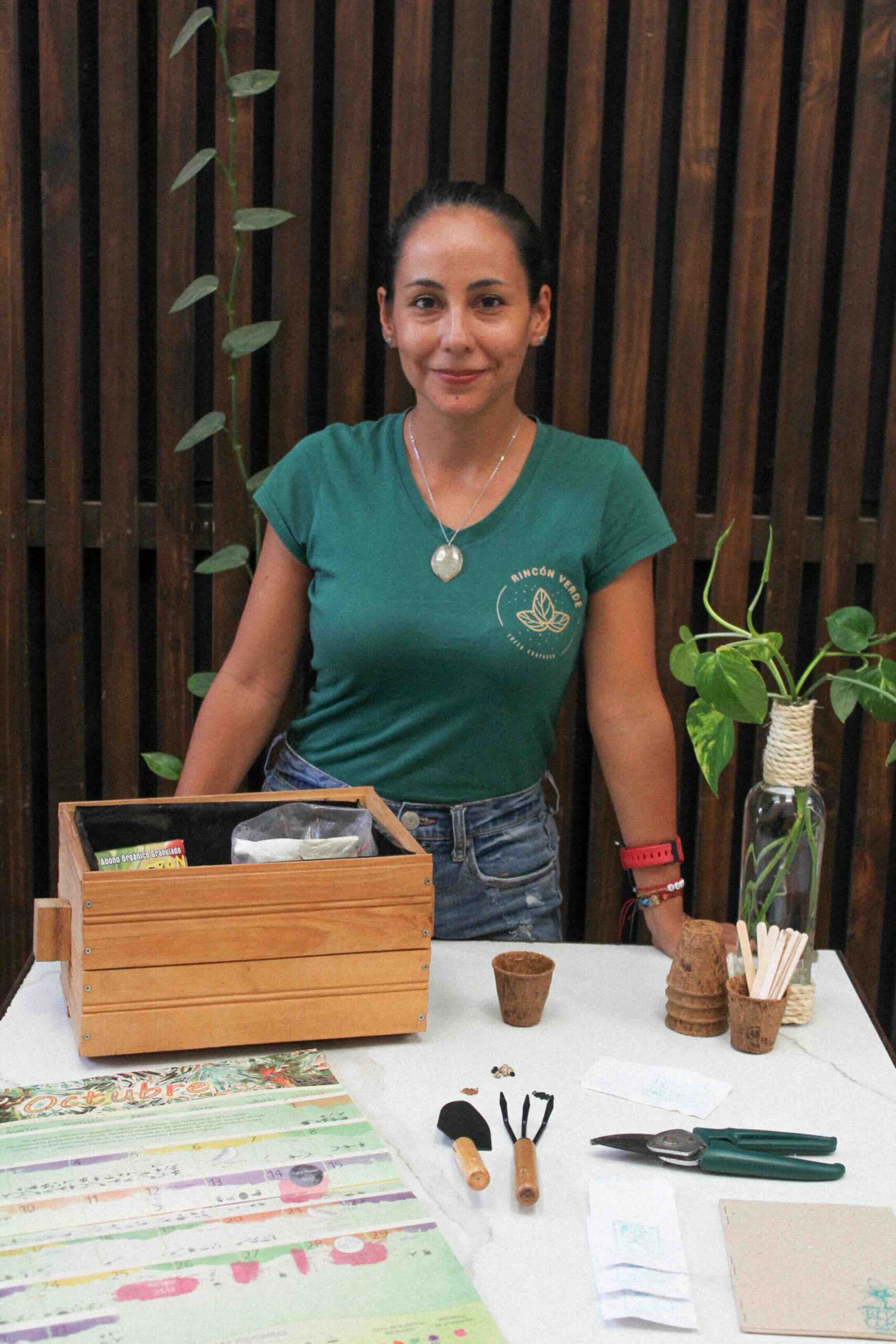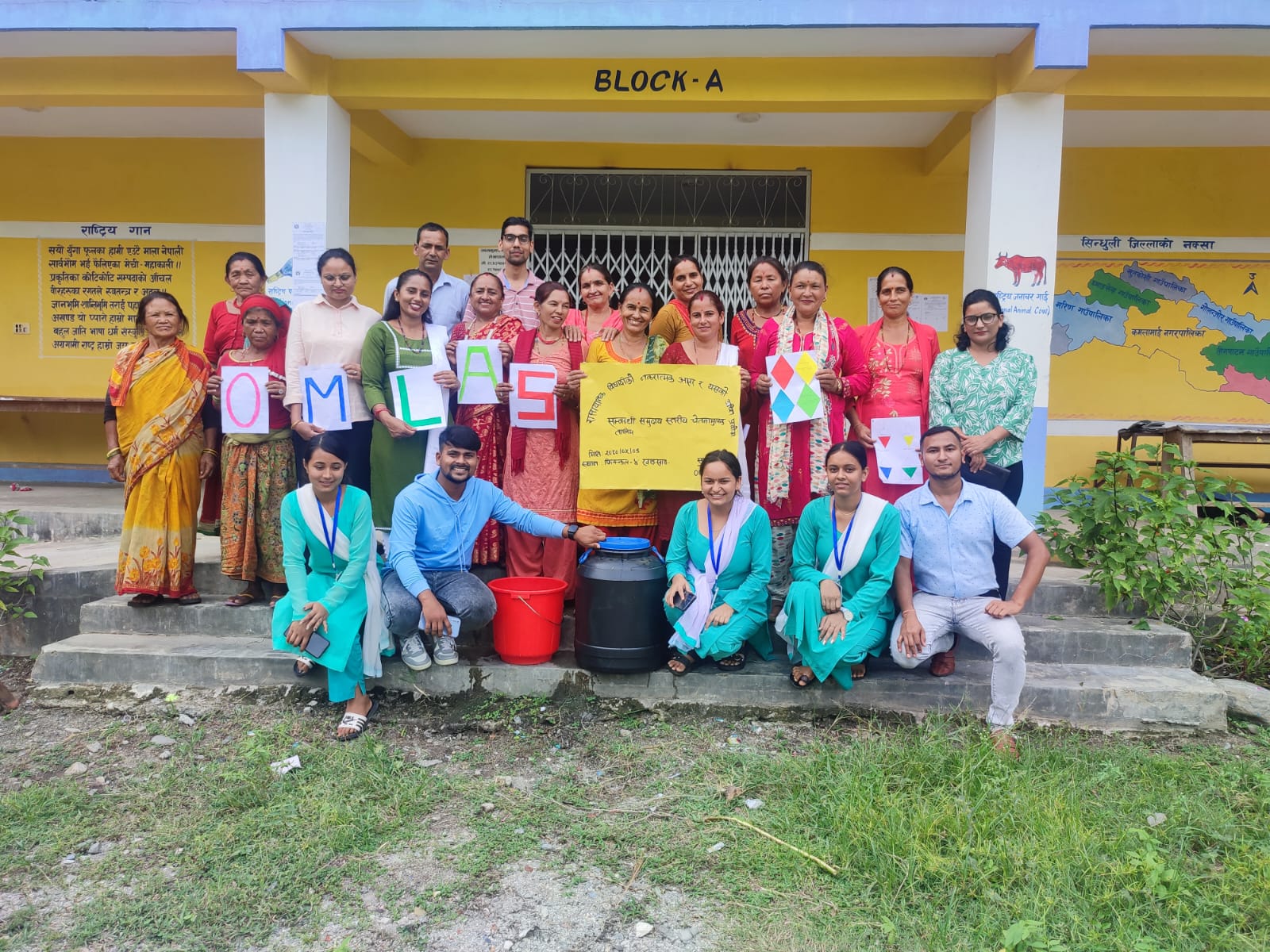
Enhancing Sustainable and Chemical free Agriculture in Nepal
Sarad Pokhrel
Nepal
OMLAS
SDG 2
Both
Agriculture
This project promotes environmentally friendly and sustainable farming practices in Nepal, addressing challenges such as limited knowledge of Integrated Pest Management (IPM), indiscriminate pesticide use, and over-reliance on chemical fertilizers.
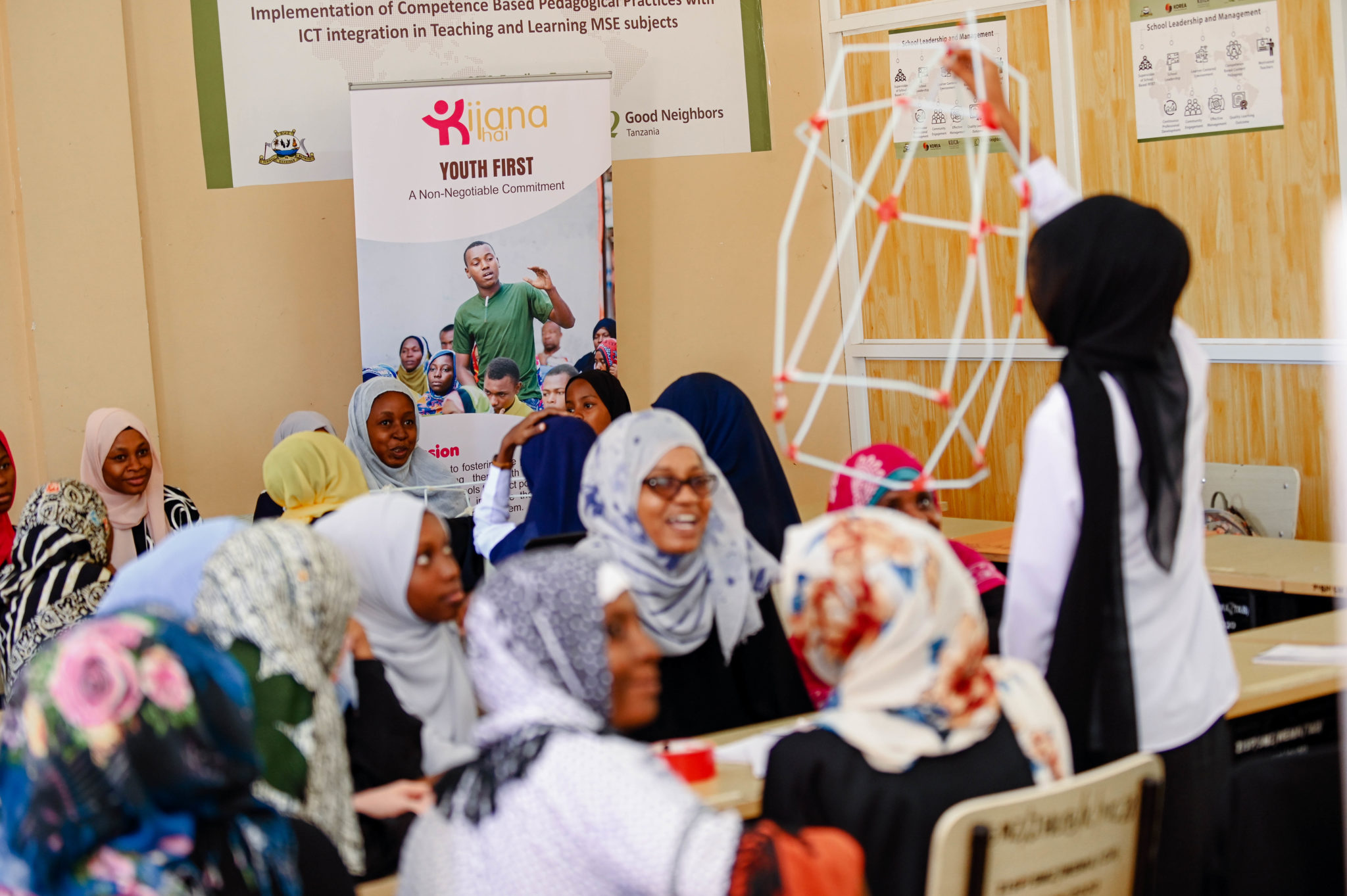
Kuza Uwezo
Erick Godfrey Ramsey
Zanzibar
SDG 1
Both
Community development
The Kuza Uwezo initiative aims to bridge the digital divide and foster an inclusive economic environment by equipping women with the necessary entrepreneurial skills and support by addressing SDG 3&1in Unguja, Zanzibar, Kijana Hai finds its strategic implementation ground in peri-urban areas, blending accessibility, technological infrastructure, and untapped economic opportunities.
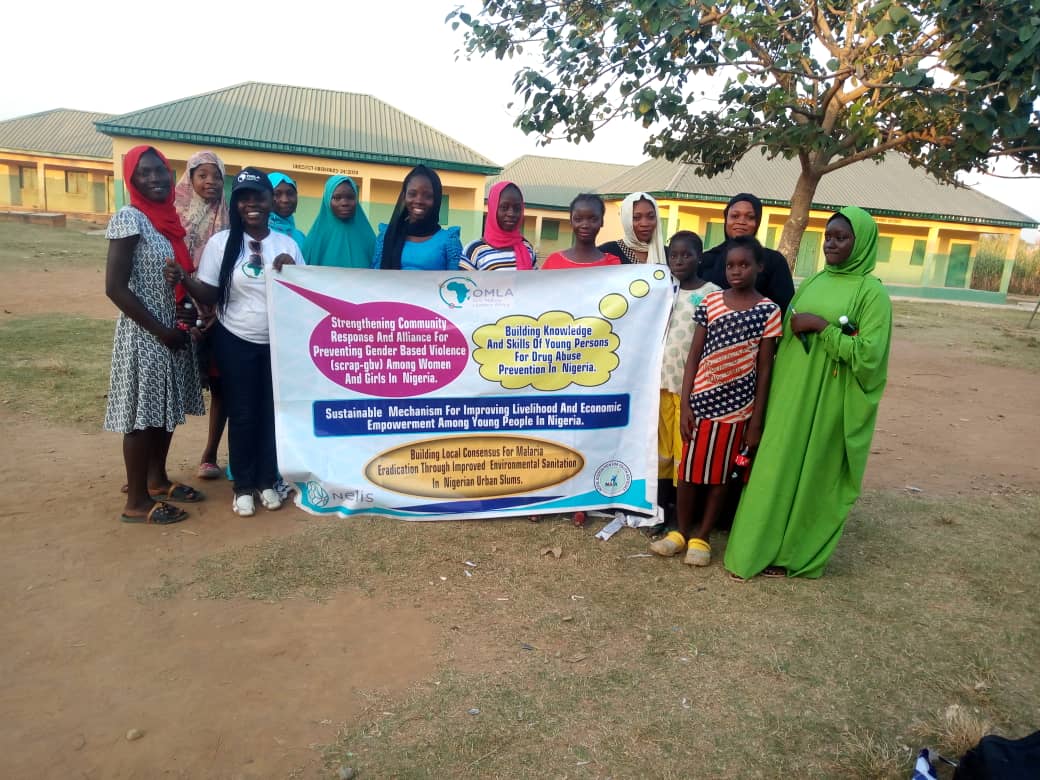
Skill Up Girls for Wealth (Skills4Wealth) Project
Rosemary Adejoh-Adaji
Nigeria
OMLA
SDG 1
Donation
Gender equality
Skill 4 Wealth project is aimed at improving the livelihood of out-of -school Adolescent Girls and Young Women aged 15-24 years in five Nigerian urban slums and rural communities facing exploitation, abuse and/or violence through “vocational skill acquisition” “Leadership & Life skills training“entrepreneurship & financial literacy training” and “empowerment”.
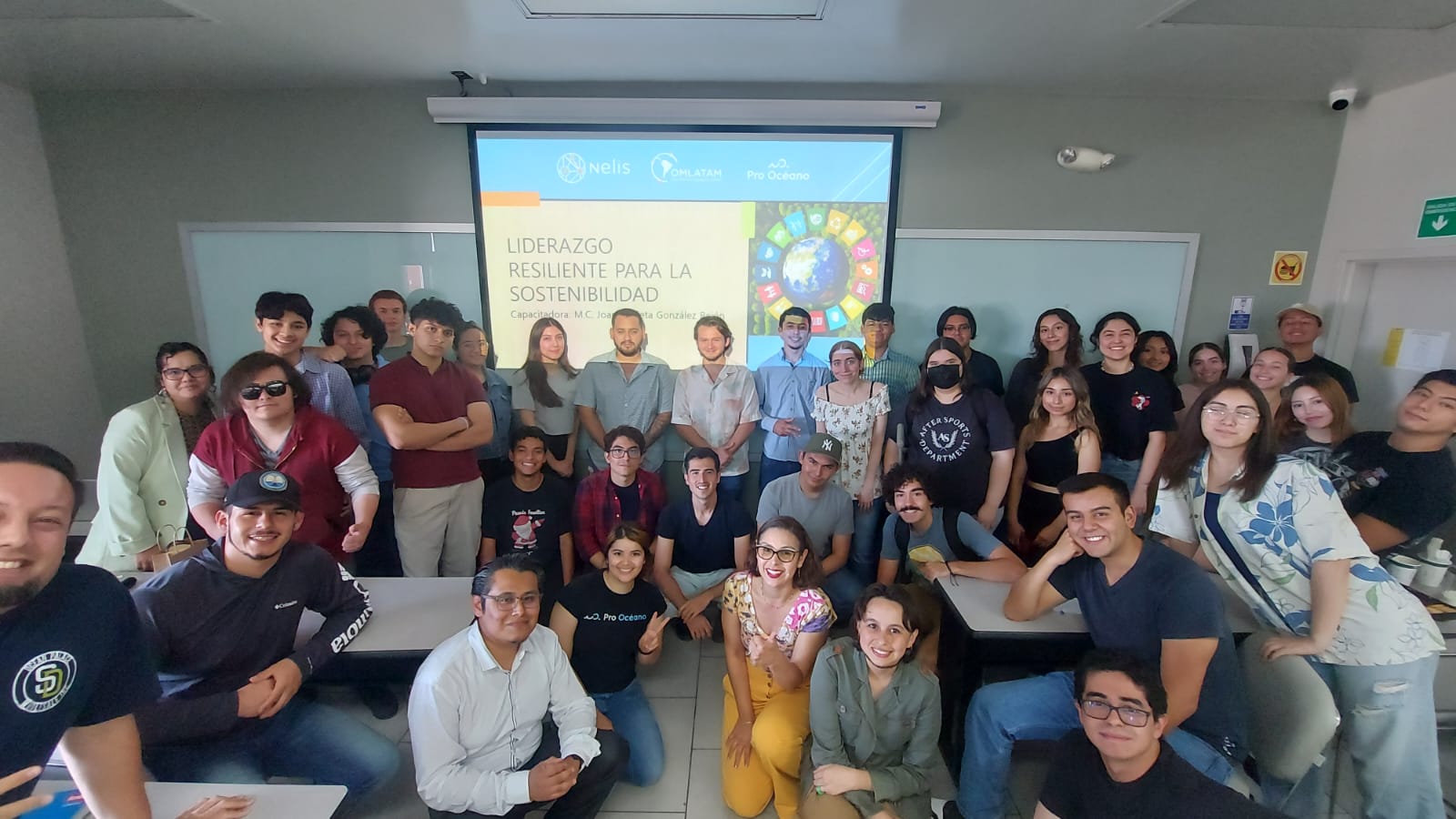
Pro Oceano: Contributing to the appreciation of the ocean and its resources through outreach and empowerment
Joana Julieta Gonzalez Rejon
Mexico
OMLATAM
SDG 13
Donation
Digital innovation
Pro Oceano is a social project dedicated to the creation of digital content and educational strategies for scientific communication about Mexico's marine and coastal resources.
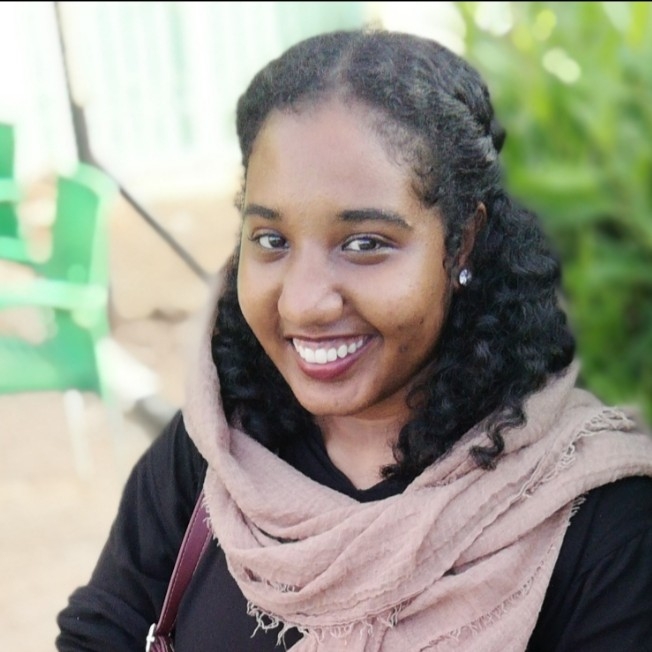
Sustainable impact on food security and reduction of malnutrion rate in red sea state , sudan, 2023 - 2024
Aya Hashim Mohamed Eltahir and team of ten leaders from Sudan
Sudan
SDG 3
Both
Agriculture
The project will address the food insecurity in Red Sea state, Sudan through provision of sustainable solutions to the targeted households through the following main objectives:
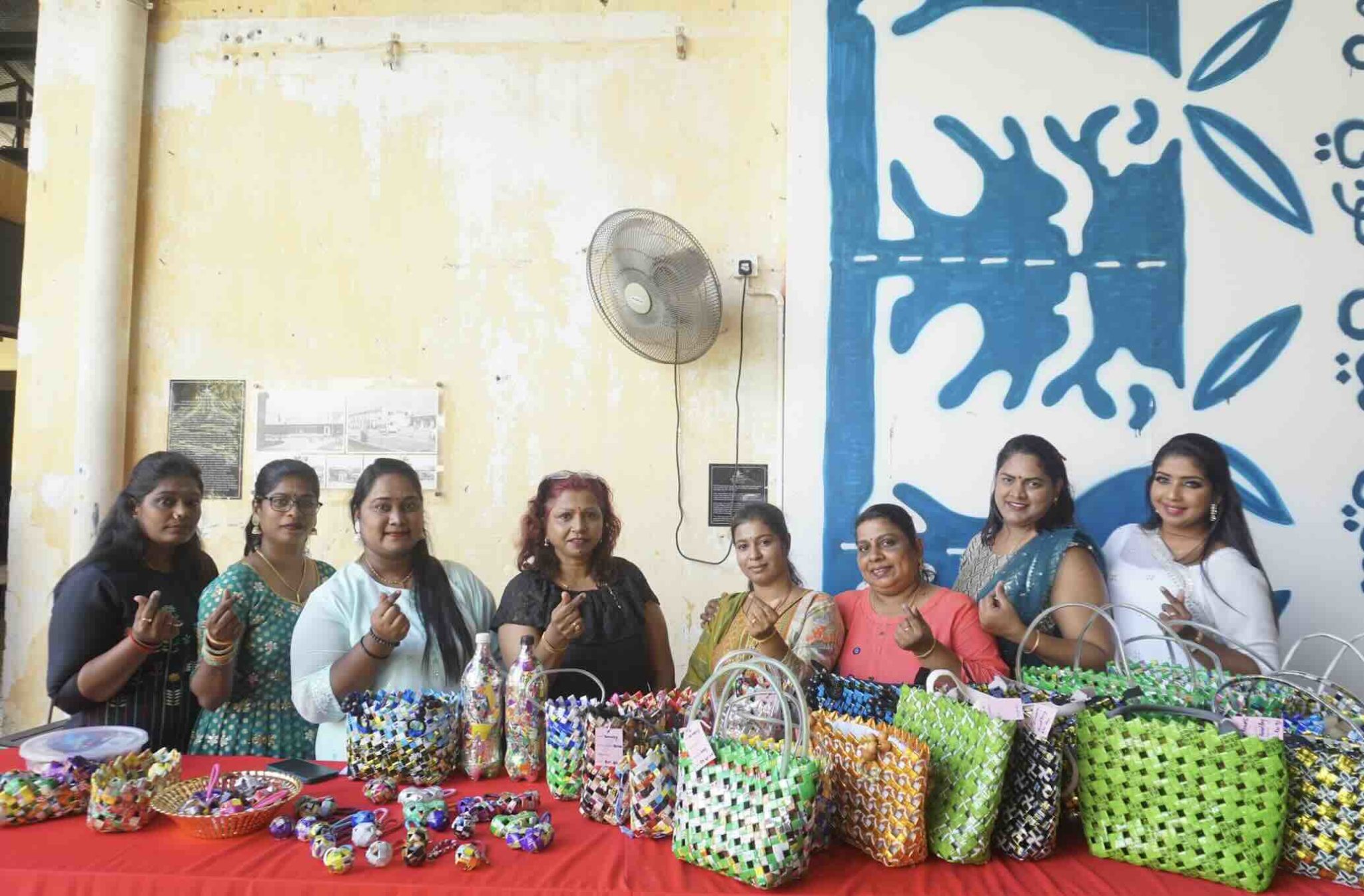
Aisuka.Life Project : Upcycled Products with Non-recyclable Items
Dr Choong Jian Ming (a.k.a Dr Ming)
Malaysia
SDG 2
Both
Cicular economy
The Aisuka.Life 3UPs Project empowers marginalized communities by equipping them with the skills and resources to transform non-recyclable waste into functional products.
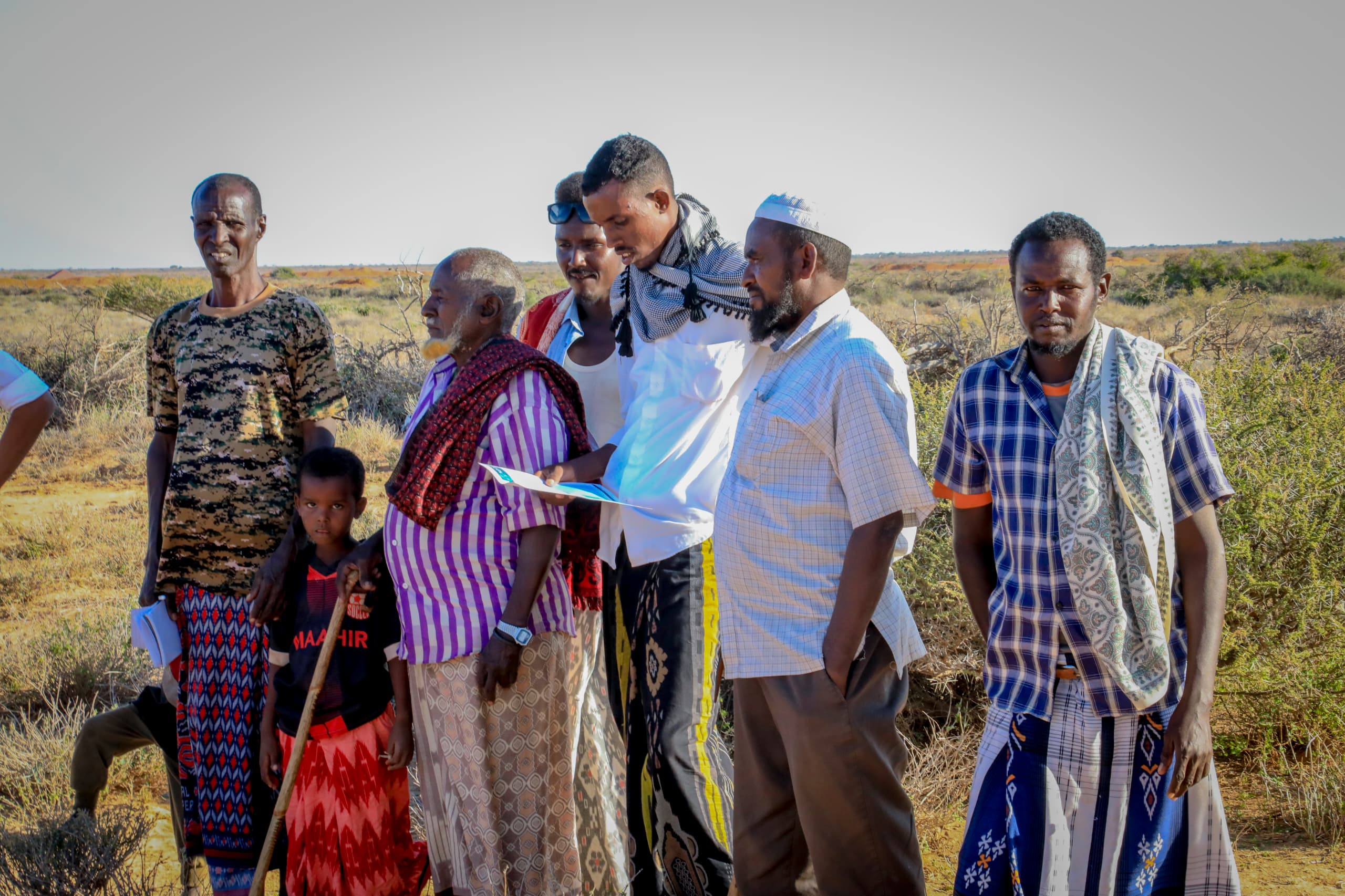
Agro-Pastoralism Caravan Raising Awareness
Sharmarke Yusuf
Somalia
OML-MENA
SDG 1
Donation
The "Agro-Pastoralism Caravan Raising Awareness" initiative, conducted in November and December 2024 under the OML-MENA fellowship, addressed the severe climate change impacts on Somali pastoralist communities, known as "Roob Raac" or “Rain Followers.” These communities, reliant on traditional pastoralism, face challenges such as unpredictable rainfall, prolonged droughts, and resource scarcity.

Her Right to Education initiative
Radwa Hosny Abdellatif
Egypt
OML-MENA
SDG 3
Donation
Her Right to Education is an initiative dedicated to empowering young women aged 15 to 29, starting in Ismailia Governorate and expanding across Egypt through a combination of on-site activities and digital advocacy. The initiative tackles the pressing education, health, and gender equality gaps faced by marginalized communities.
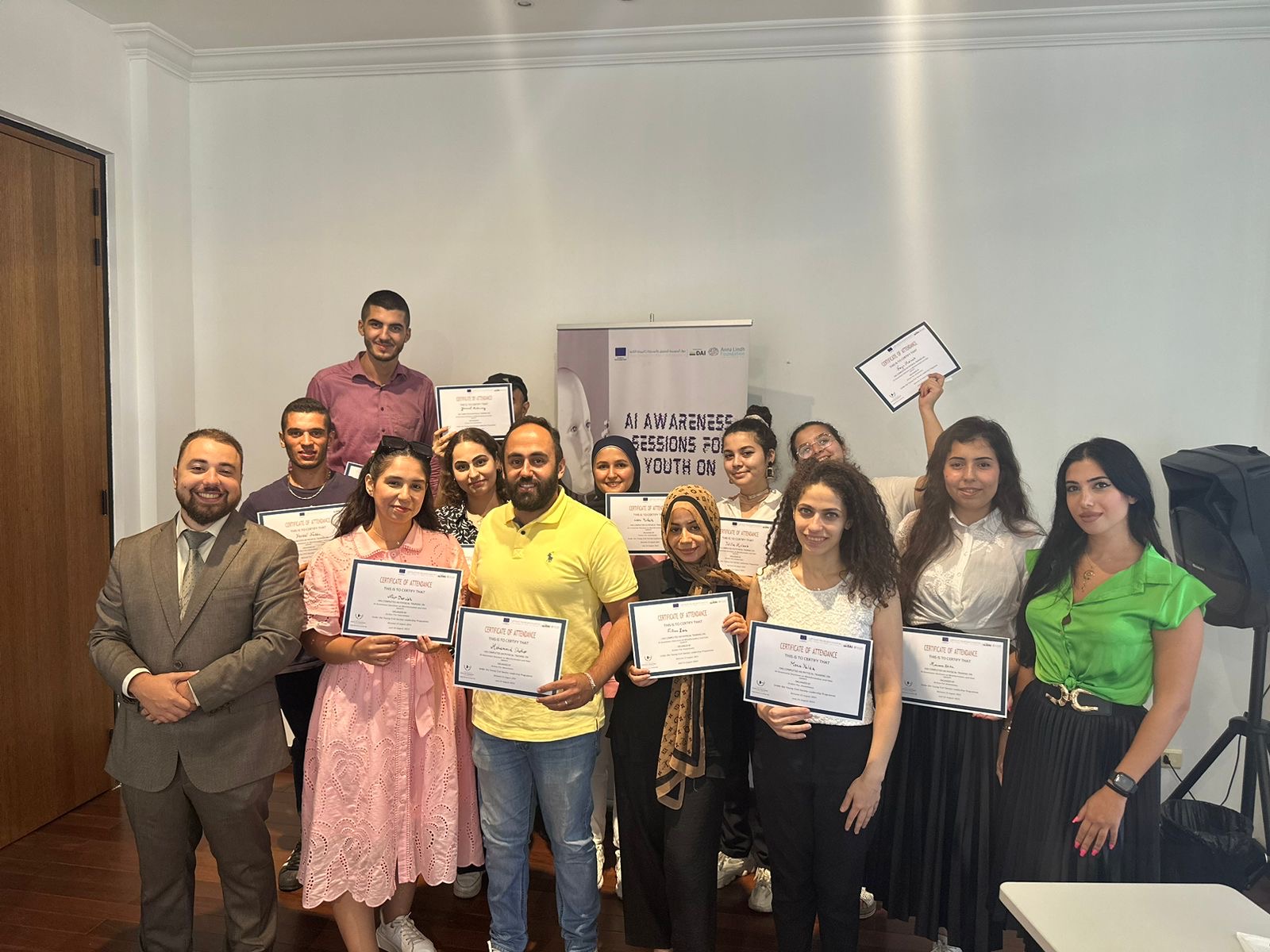
Legal literacy and climate literacy using art acting classes and comic book
Mohamad Al Arnaout
Lebanon
OML-MENA
SDG 4
Both
Action for Awareness combines art, education, and advocacy to empower individuals with legal knowledge and address critical issues like climate change, misinformation, and hate speech. Rooted in the belief that understanding one’s legal rights and duties is a cornerstone of social justice, the project aims to make legal education accessible and engaging for diverse communities, particularly in the Mediterranean region.
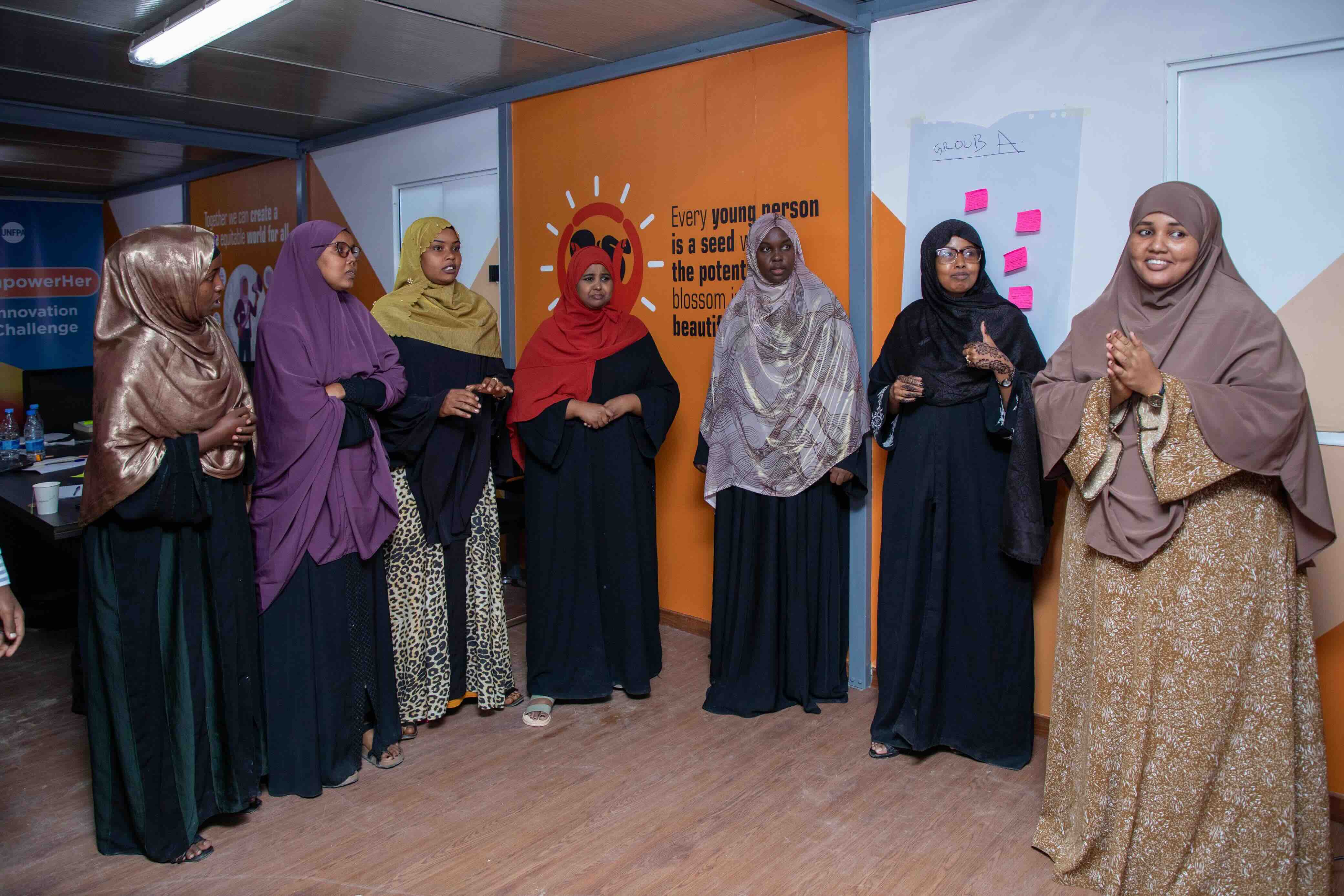
She Leads Employability Skills and Entrepreneurship Program
Abdirahman Hussein Ali
Somalia
OML-MENA
SDG 4
Investable
The She Leads Employability Skills and Entrepreneurship Program is designed to empower 30 young Somali women, including 12 university graduates and 18 unskilled women from female-headed households.
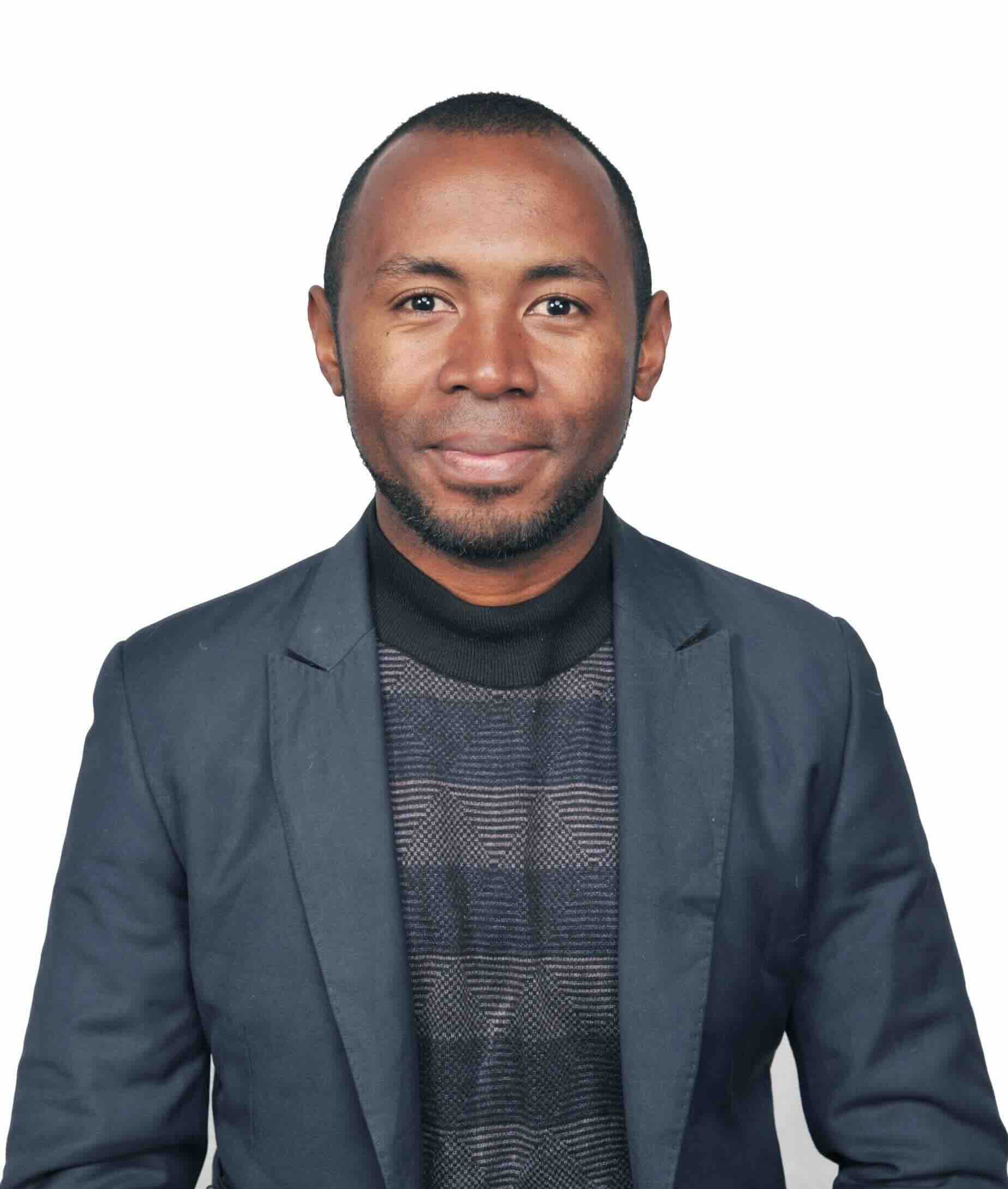
Antsirabe Green Revolution Initiative (AGRI)
Tojoniaina Alain Randrianaritiana
Madagascar
OMLA
SDG 2
Donation
Antsirabe Green Revolution aims to address waste management issues in the town of Antsirabe, Madagascar, by teaching people how to transform their organic waste, like kitchen scraps and papers, into nutrient-rich compost.
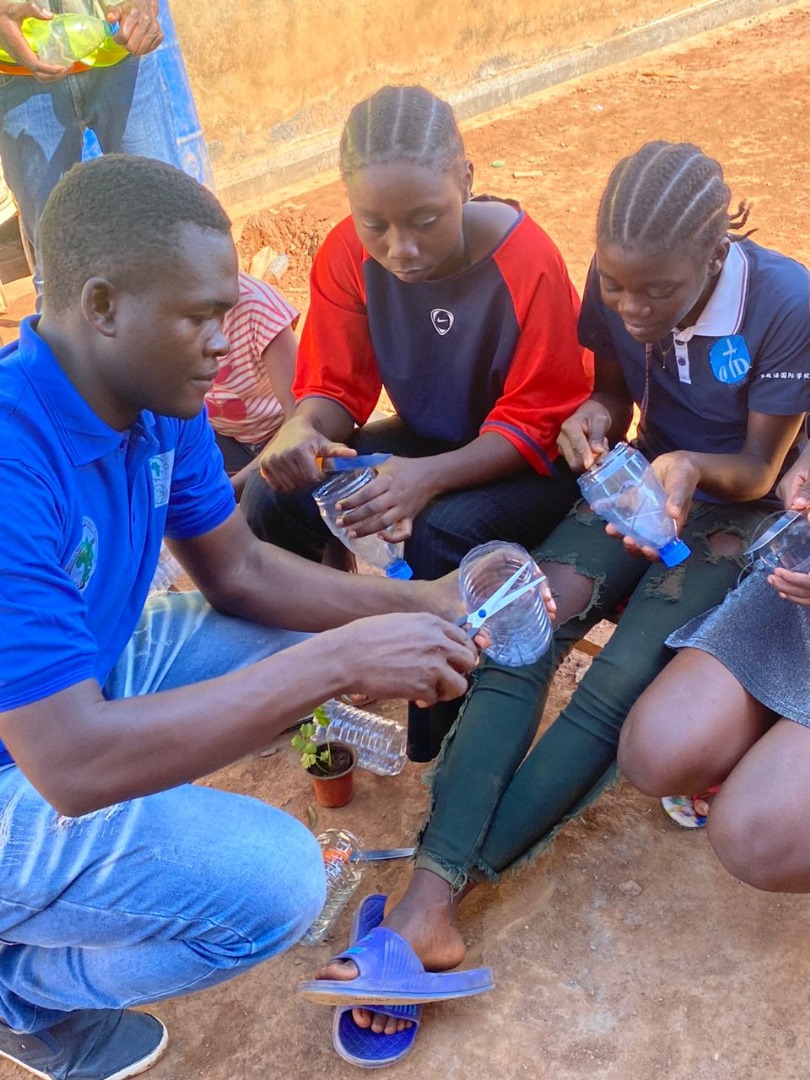
Program for Improving the Living Conditions of Vulnerable Children.
Annette Tchouawou and Jeunesse et Développement durable pour l'Afrique (J2D-Afrique))
Cameroon
OMLA
SDG 2
Donation
The Program for Improving the Living Conditions of Vulnerable Children. aims to address the challenges faced by approximately 1.3 million orphaned children in Cameroon, particularly those in Yaoundé.
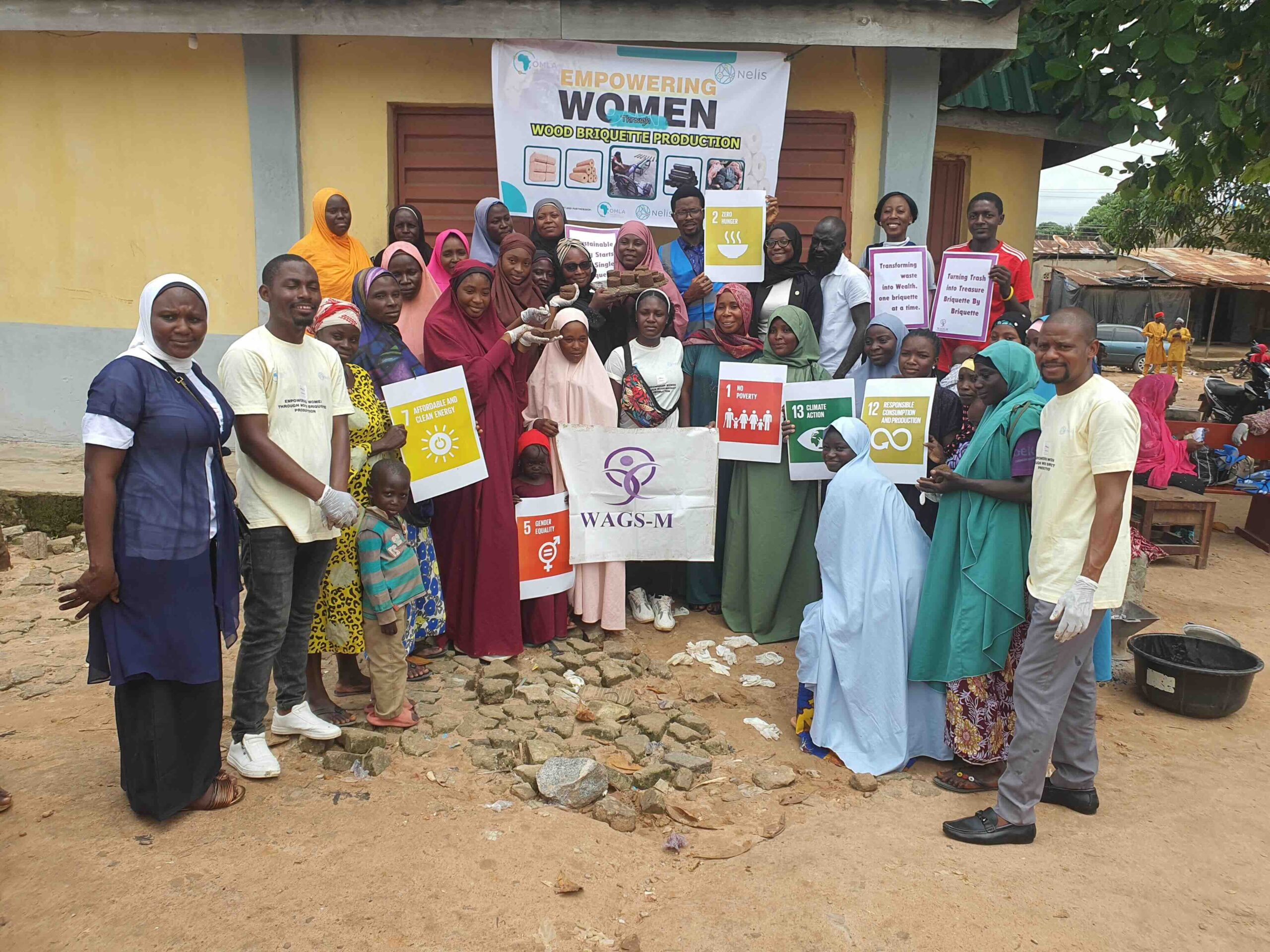
Empowering Women through wood briquete training
AbdulBasit Bashir
Nigeria
OMLA
SDG 1
Donation
Empowering Women through wood briquete training project addresses the environmental and social challenges caused by widespread firewood and charcoal use in rural Nigeria, contributing significantly to deforestation and household air pollution.
Clean Sweep: Comprehensive Plastic Waste Management for Cleaner Communities
Ichu Blessing Mbong
Cameroon
OMLA
SDG 3
Investable
The Clean Sweep Project is a community-driven initiative to tackle plastic waste holistically targeting plastic pollution in schools, streets, riversides, oceans, and all areas where it negatively impacts lives and the environment.
Clean Nkambe initiative phase 2- Green Nkambe initiative
Center for education and Financial inclusion
Cameroon
OMLA
SDG 1
Donation
The Green Nkambe Initiative is a community-driven project aimed at promoting environmental sustainability and addressing the growing challenge of waste management in Nkambe. Focused on reducing, reusing, and recycling waste, the initiative actively engages residents, businesses, and local authorities to adopt eco-friendly practices.
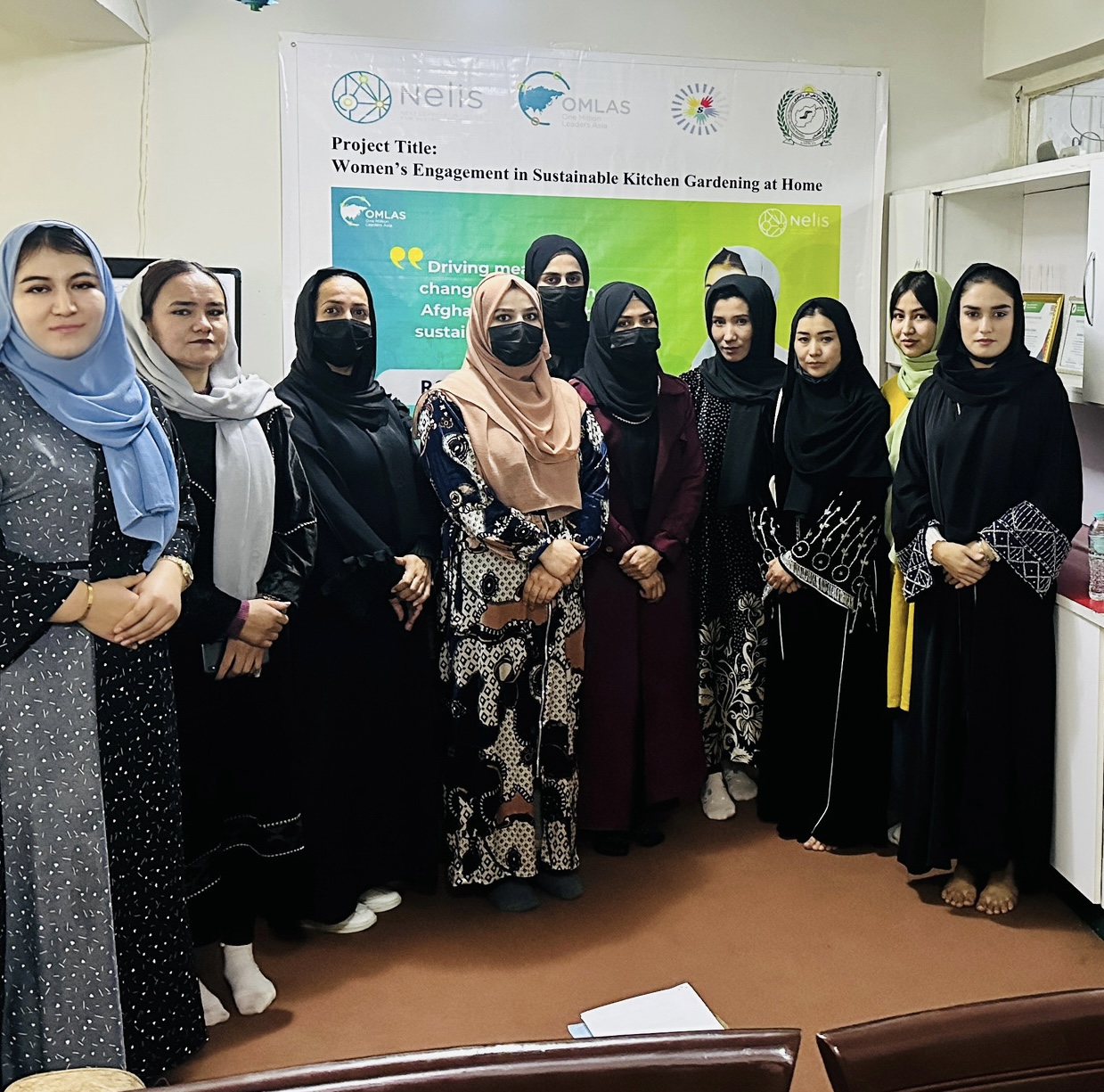
Women engagement through kitchen gardening
Rohina Ghafori
Afghanistan
OMLAS
SDG 2
Investable
The "Women Engagement through Sustainable Kitchen Gardening at Home" project, implemented in Balkh, Afghanistan, with a mini-grant from OMLAS, successfully trained over 20 women and girls in sustainable kitchen gardening practices, helping them establish their own gardens.
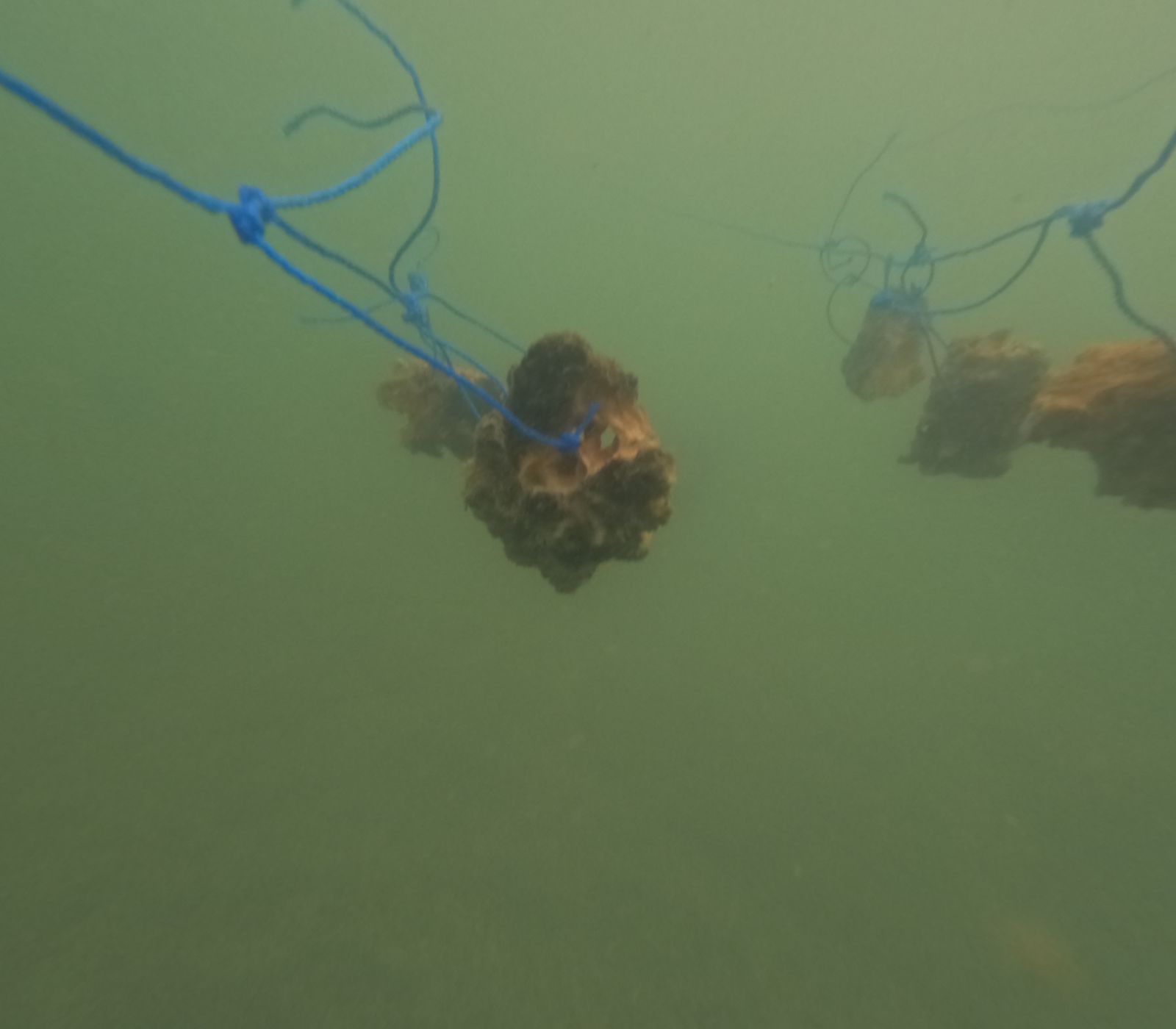
Sustainable Sea-Sponge Farming in Sri Lanka
Ashra Wickramathilaka
Sri Lanka
OMLAS
SDG 1
Investable
The "Revitalizing Marine Ecosystem Through Sustainable Sea-Sponge Farming in Northern Coastal Region of Sri Lanka" project addresses ecological and economic challenges faced by the Allaipiddy fishing community in Jaffna.
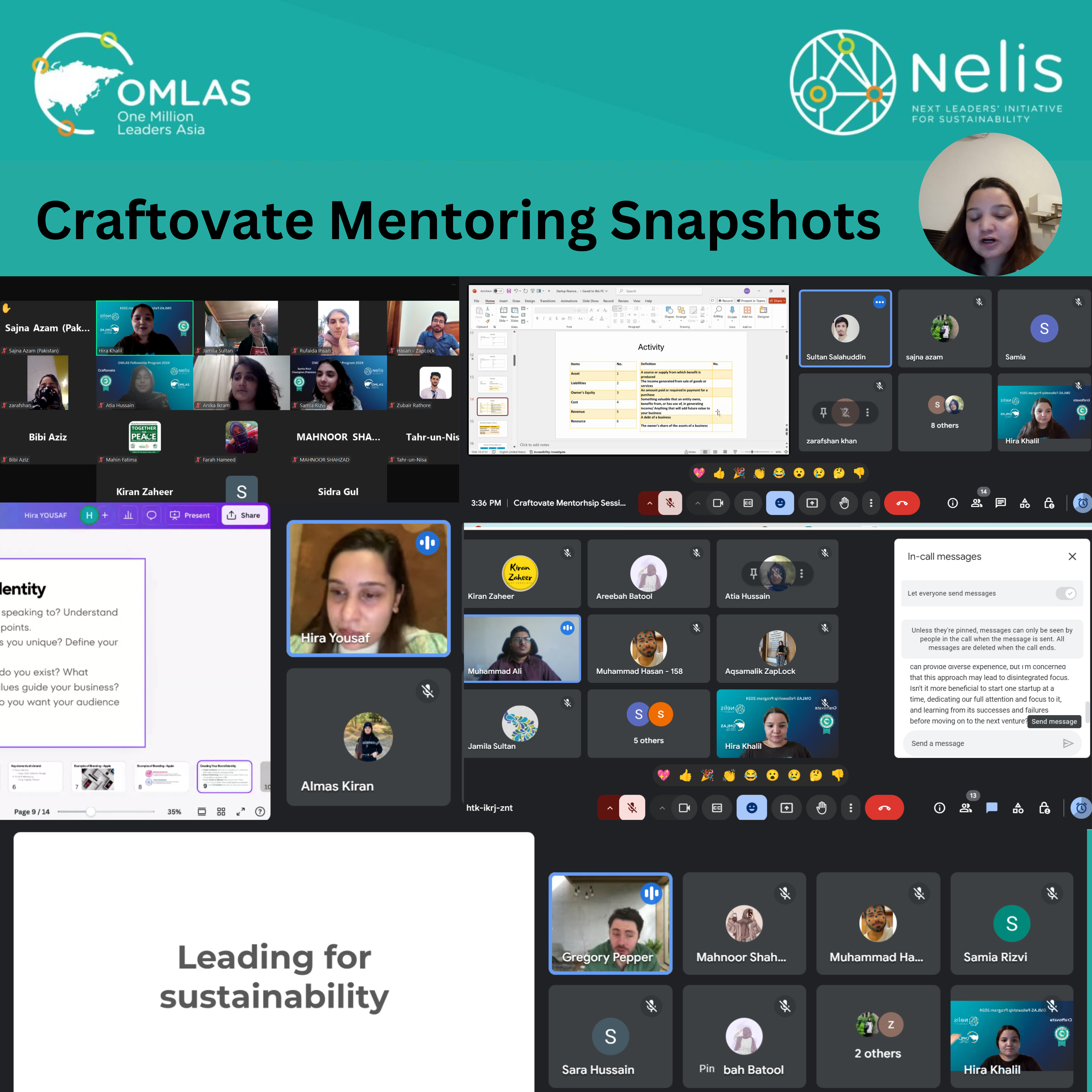
Accelerating the growth of existing small enterprises in Pakistan.
Craftovate
Pakistan
OMLAS
SDG 5
Donation
Craftovate empowers small enterprises in Chitral, Pakistan, by training women entrepreneurs in digital and business skills to market embroidery and handmade items while preserving cultural identity.
Empowering Tomorrow’s Digital Citizens in Timor-Leste
Andre Paulo do Carmo Barreto
Timor-Leste
OMLAS
SDG 8
Donation
The "Empowering Tomorrow’s Digital Citizens" project aims to equip youth aged 15-25 in Timor-Leste with essential digital literacy skills, empowering them to become advocates for online safety, gender equality, and the fight against misinformation.
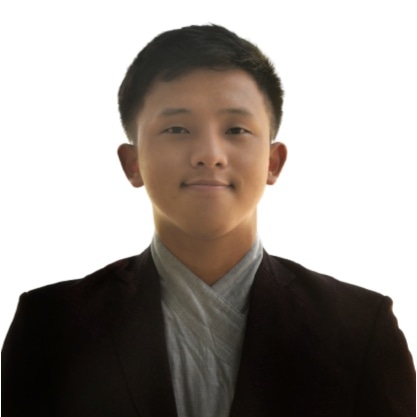
Agro Biodiversity Conservation Through Social Innovation and Entrepreneurship: Promoting Indigenous Seeds
Oshan Thapa Magar
Nepal
OMLAS
SDG 1
Donation
The project focuses on empowering marginalized farmers in Tinau-1, Palpa, Nepal, by promoting sustainable farming practices and preserving indigenous seeds.
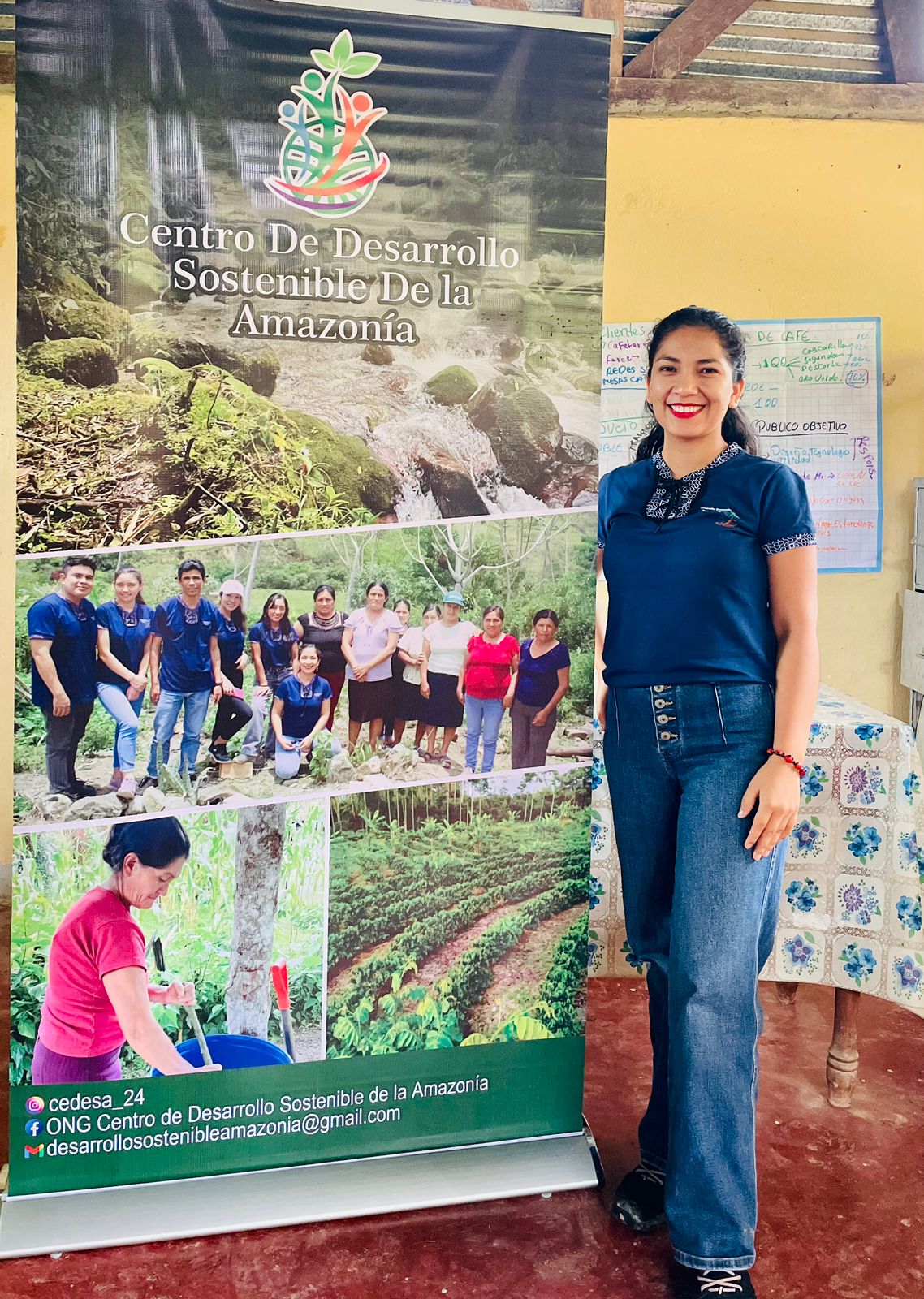
“Biohuertos Circulares para la Amazonía: Innovación y Sostenibilidad desde Pacaypite”
CRISEYDA ROMAN CORDOVA
PERU
OMLATAM
SDG 2
Donation
Biohuertos Circulares para la Amazonía: Innovación y Sostenibilidad desde Pacaypite es una iniciativa del Centro de Desarrollo Sostenible de la Amazonía (CEDESA) que promueve prácticas agrícolas sostenibles en la comunidad de Pacaypite, Perú.
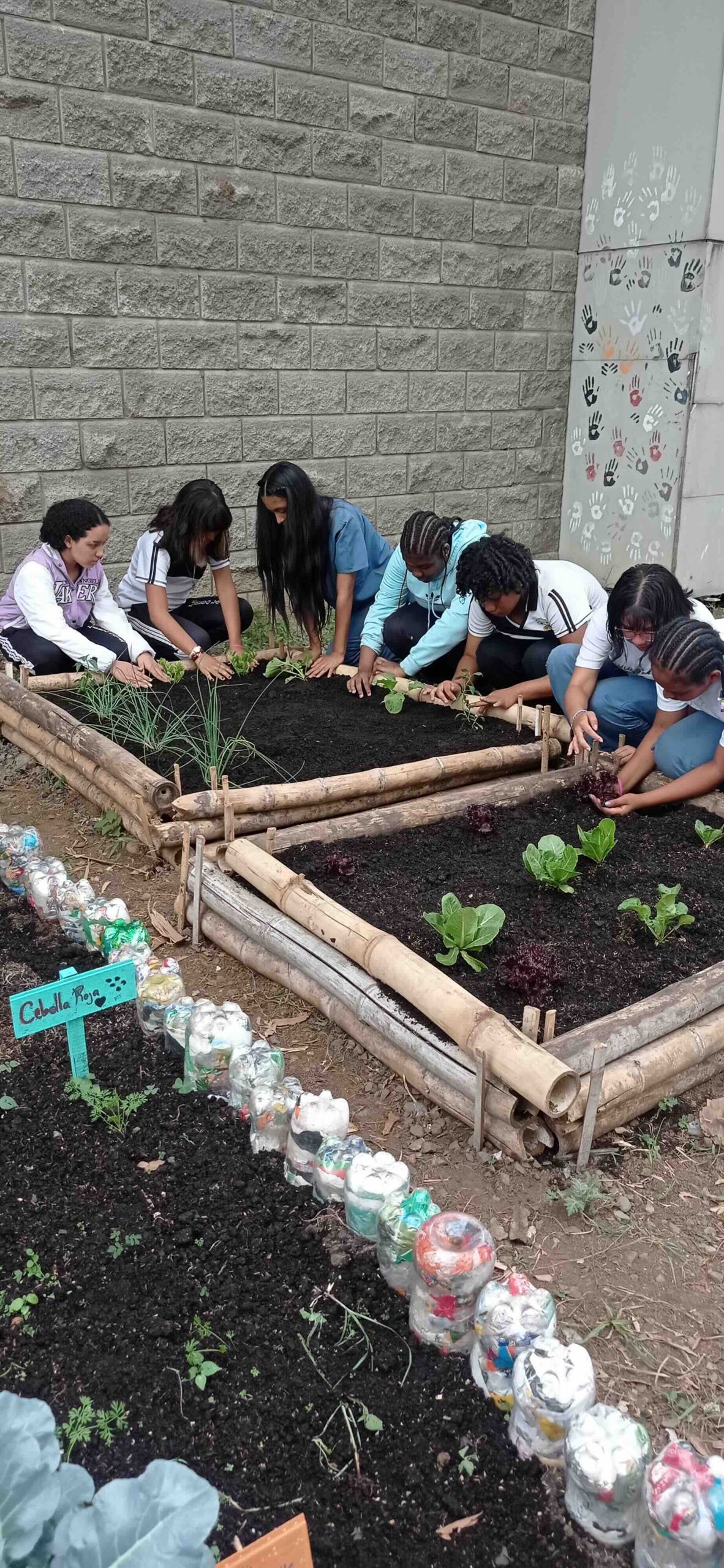
Bootcamp Huertics
Luisa Chaparro Briggitte Castañeda
Cali- Colombia
OMLATAM
SDG 2
Investable
El bootcamp busca fomentar la conexión individual y colectiva mediante 19 espacios diseñados para el aprendizaje y la práctica de habilidades clave en bienestar, sostenibilidad, innovación social, liderazgo y reflexión.
The One Million Leaders’ Fellowship is a flagship project of NELIS – Next Leaders’ Initiative for Sustainability, aiming to train and empower one million young sustainability leaders across the Global South by 2030. For further details or to be in touch with a project owner, please send us an e-mail: Peter David Pedersen, NELIS, pdp@nelisglobal.org
